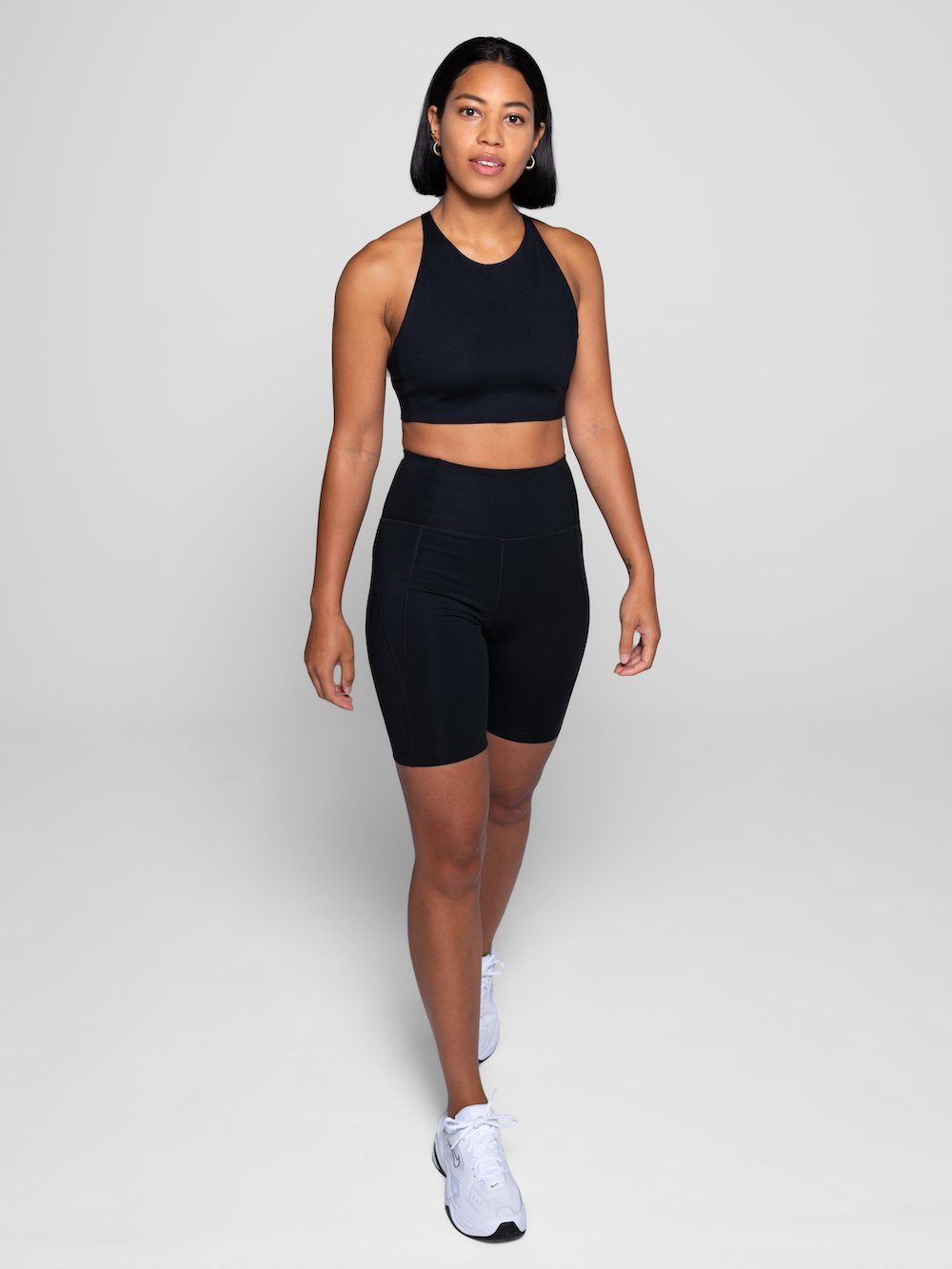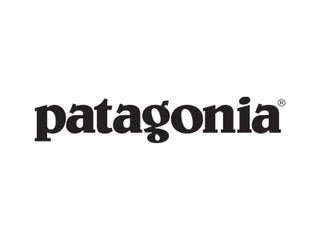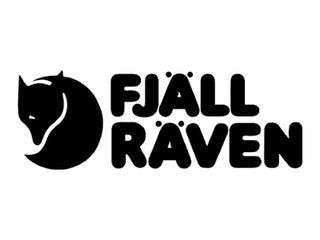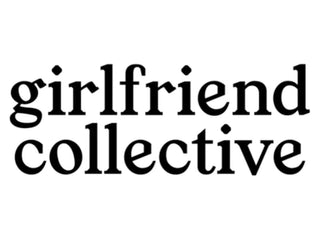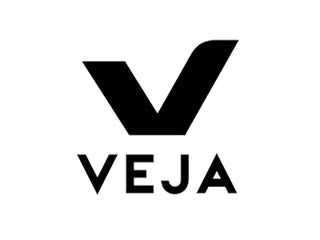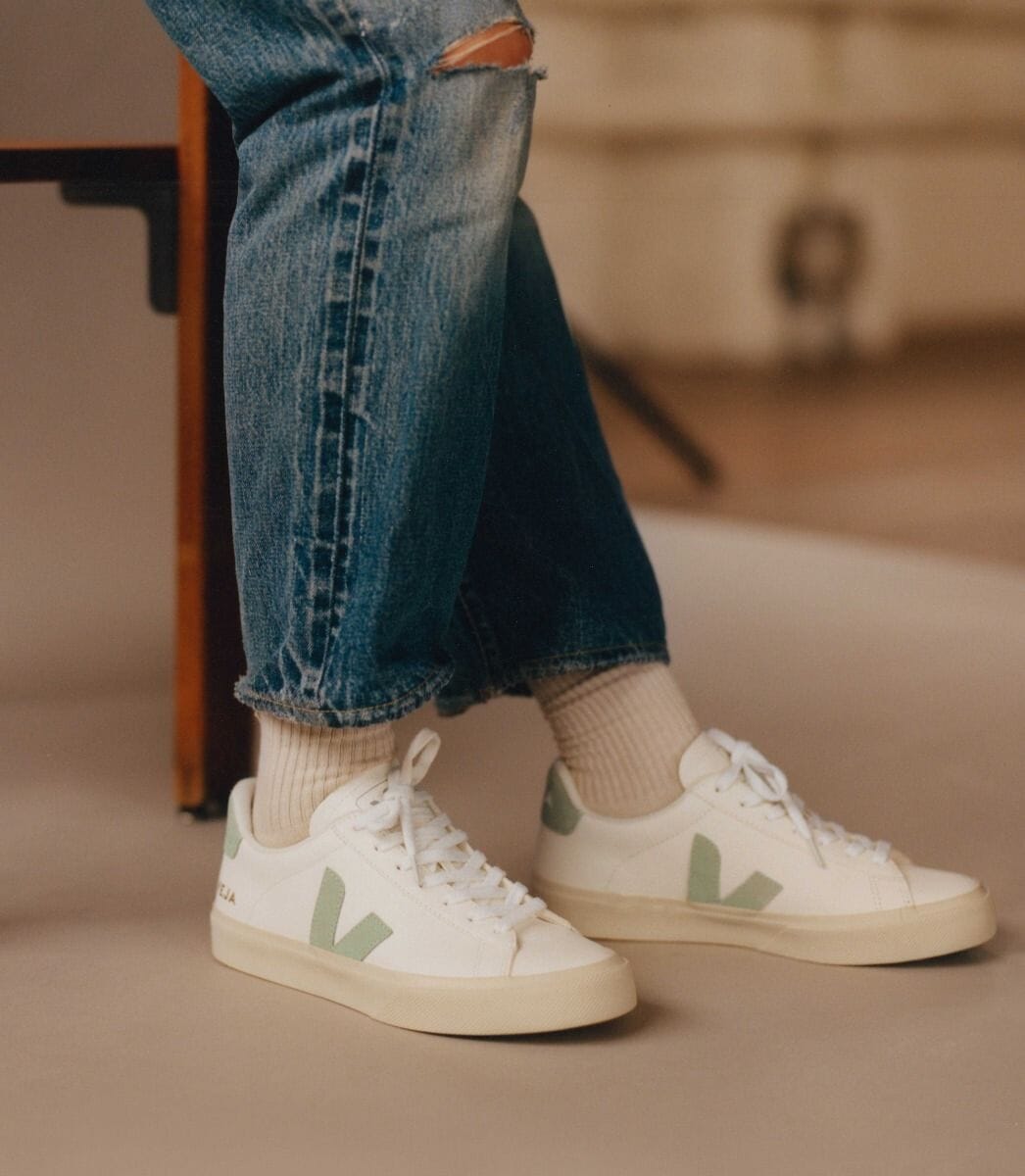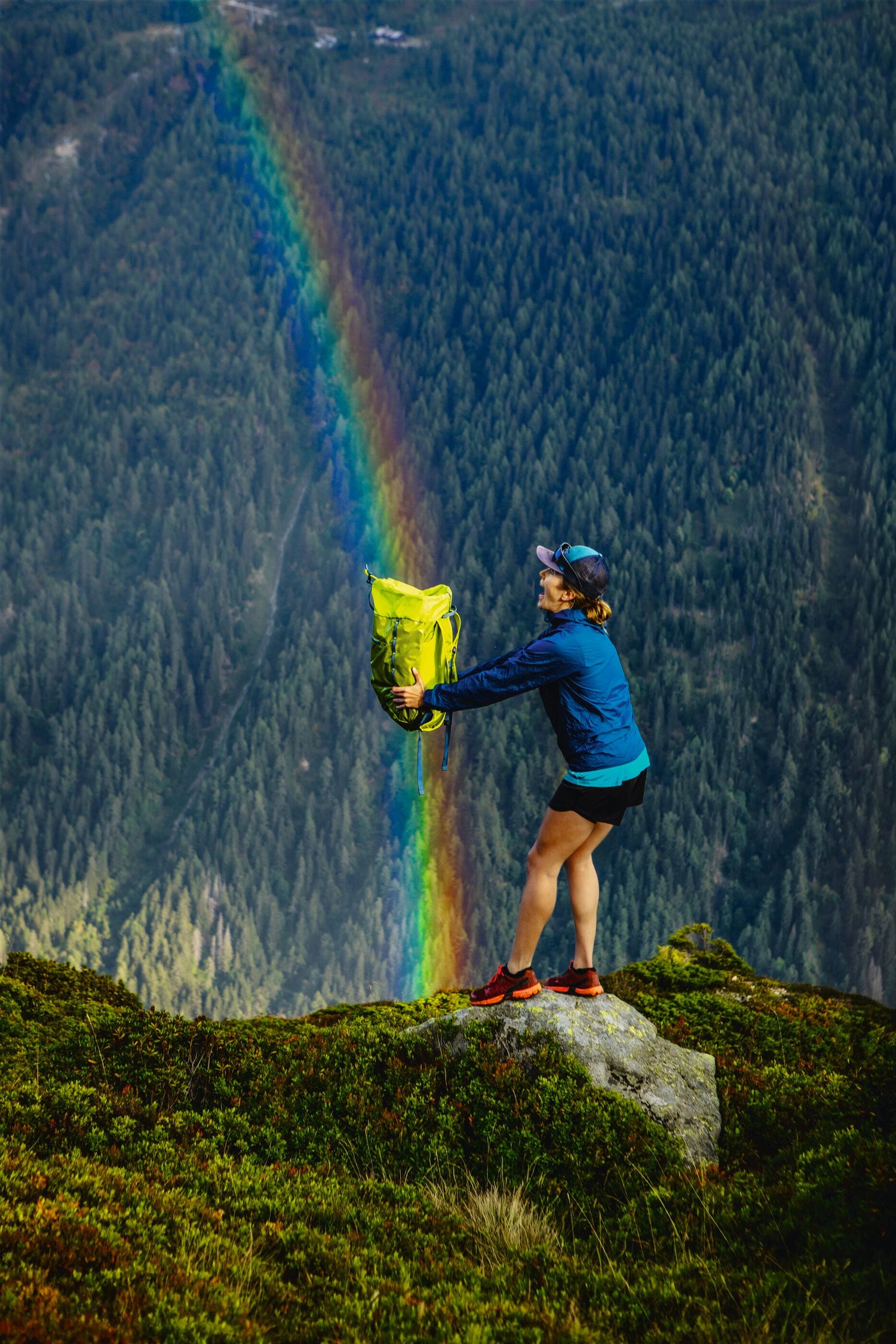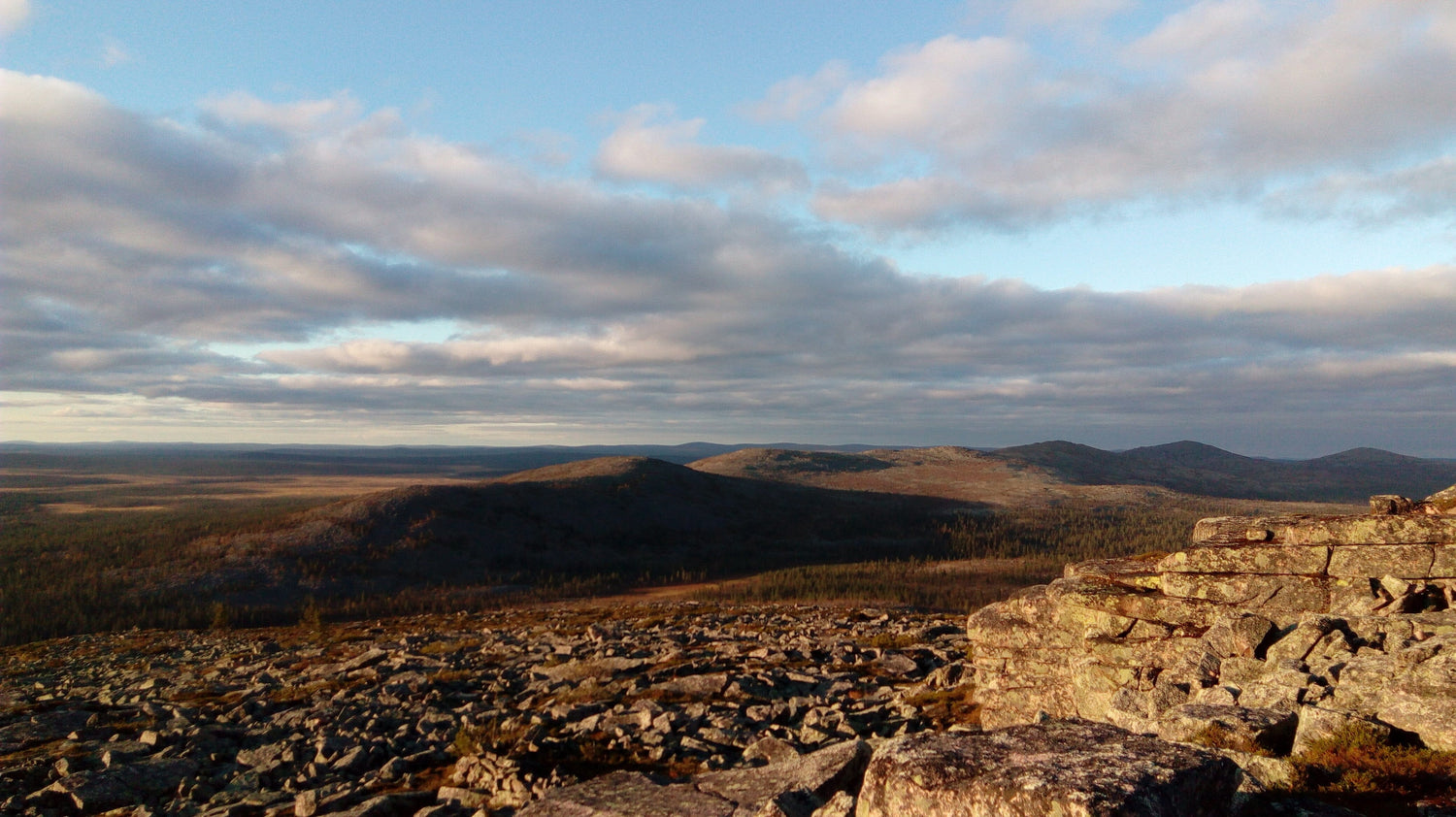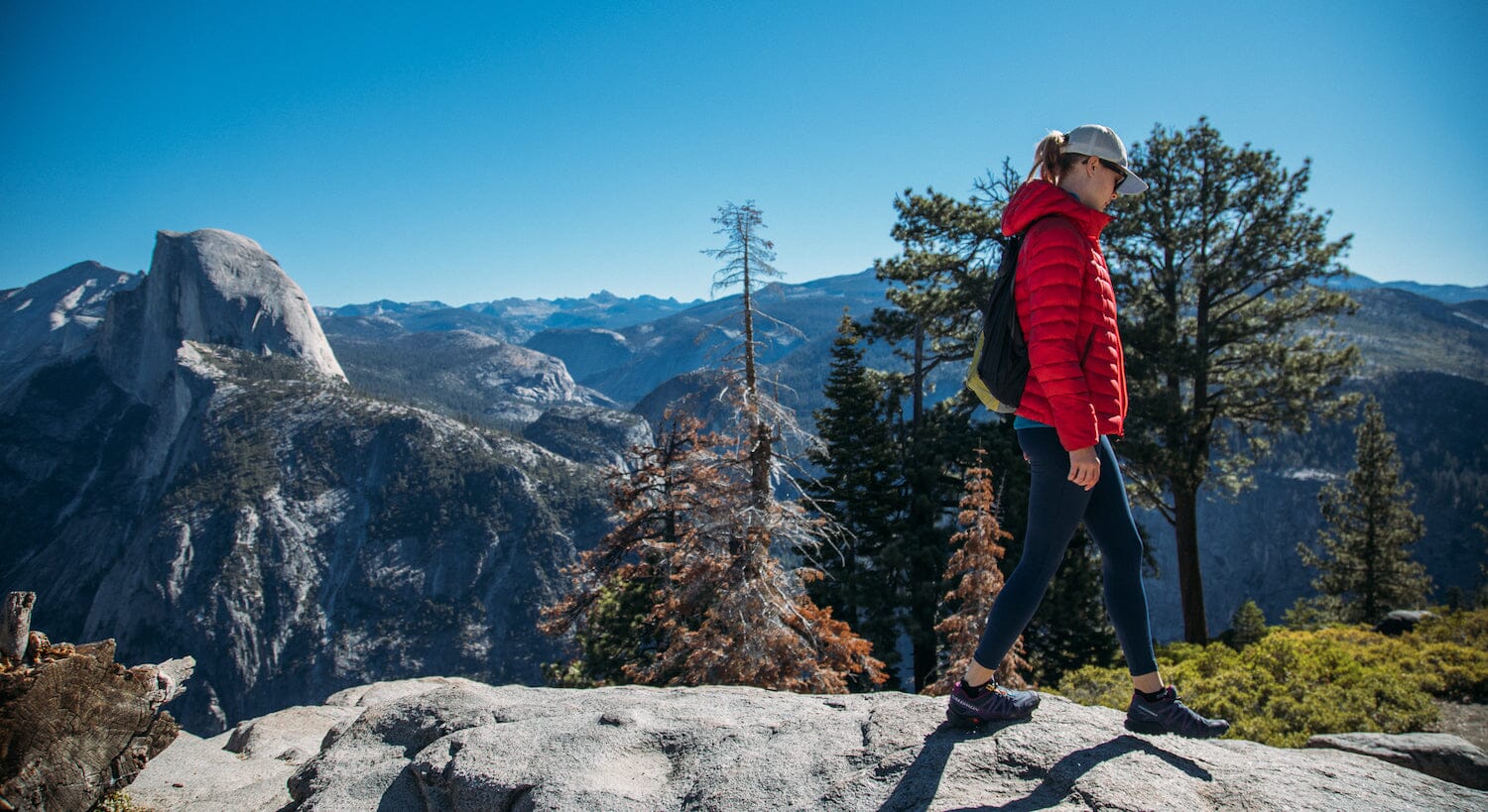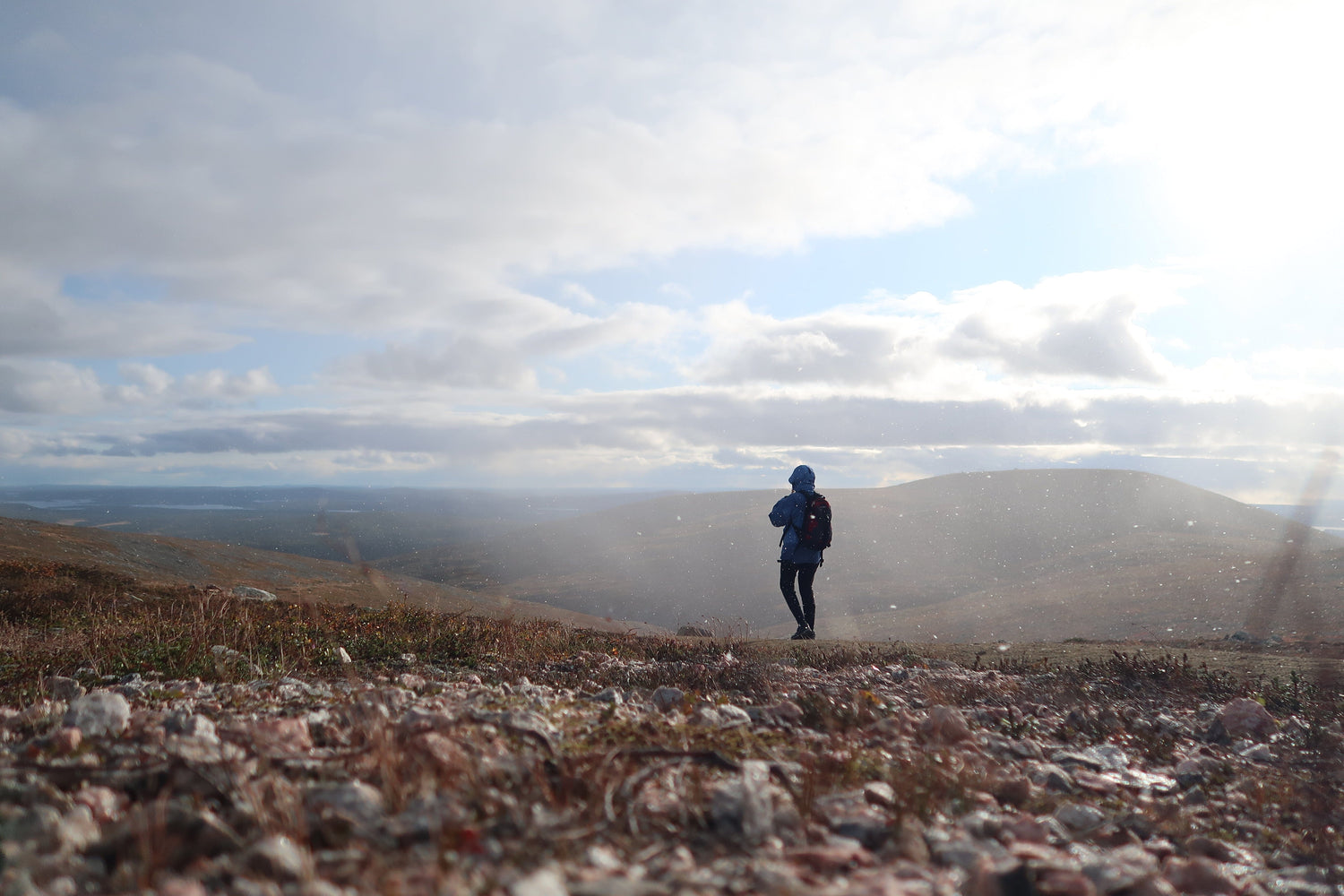New spring arrivals
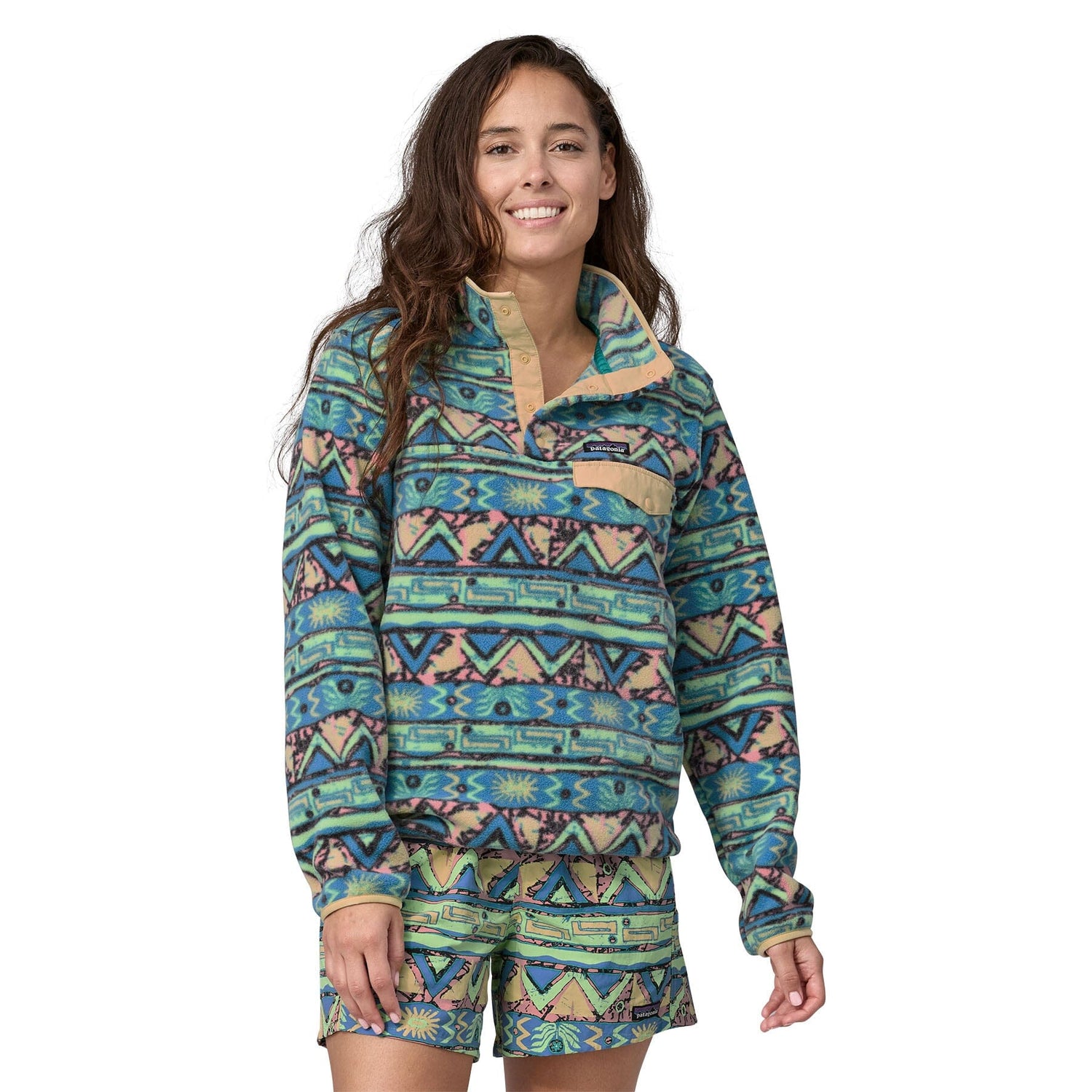
W's Lightweight Synchilla Snap-T Fleece Pullover - Recycled Polyester
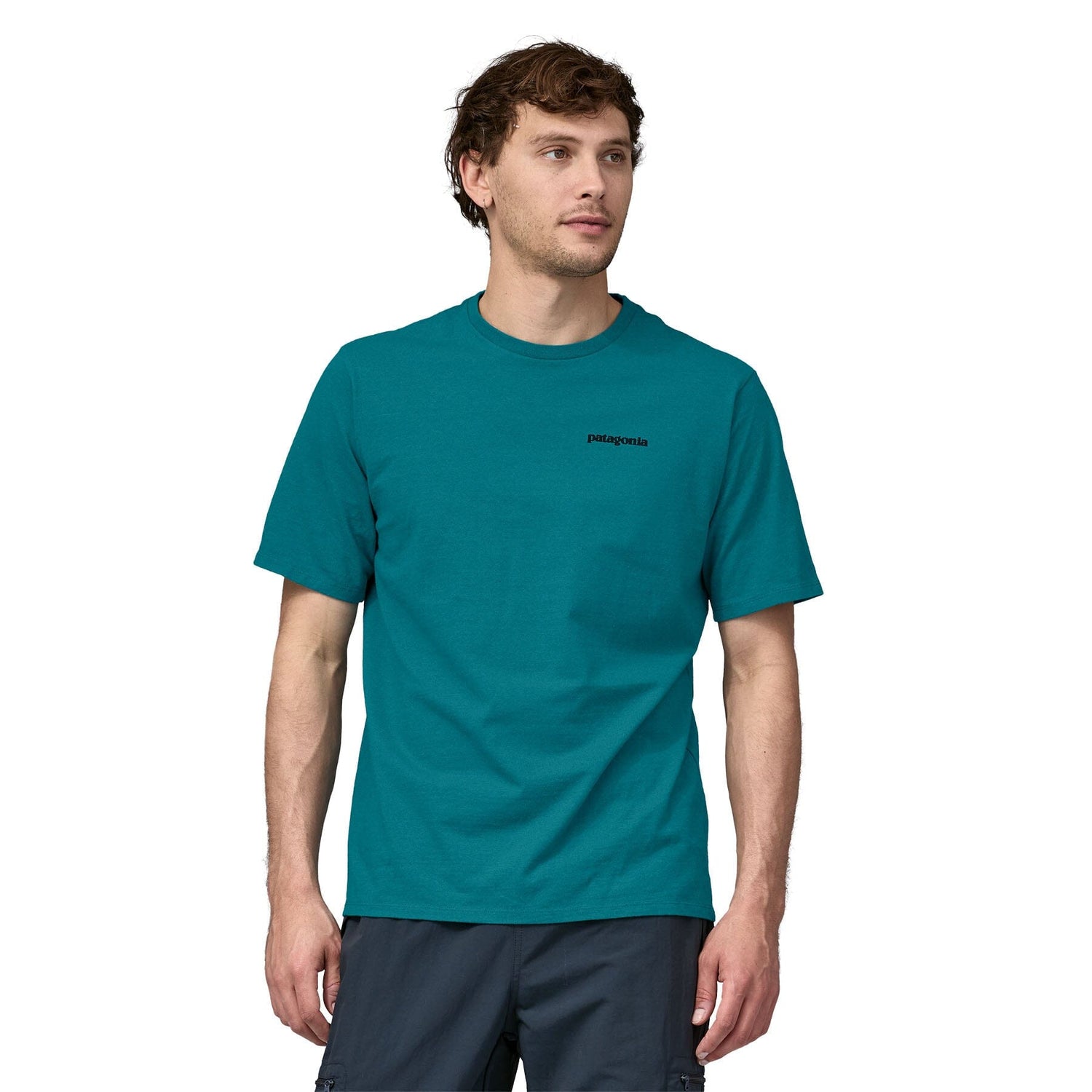
M's P-6 Logo Responsibili-Tee® - Recycled cotton
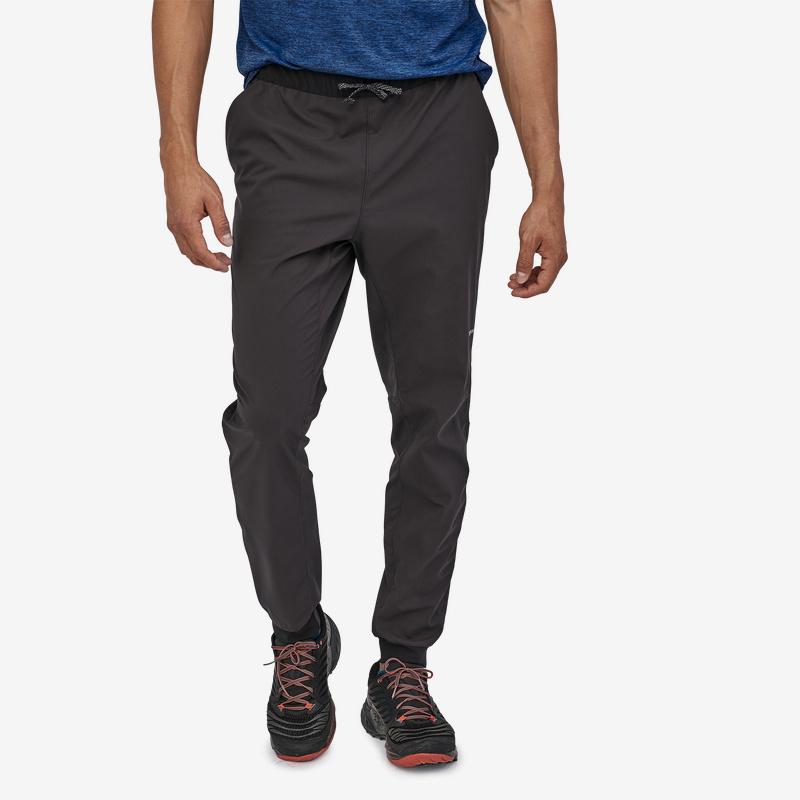
M's Terrebonne Joggers - Recycled Polyester
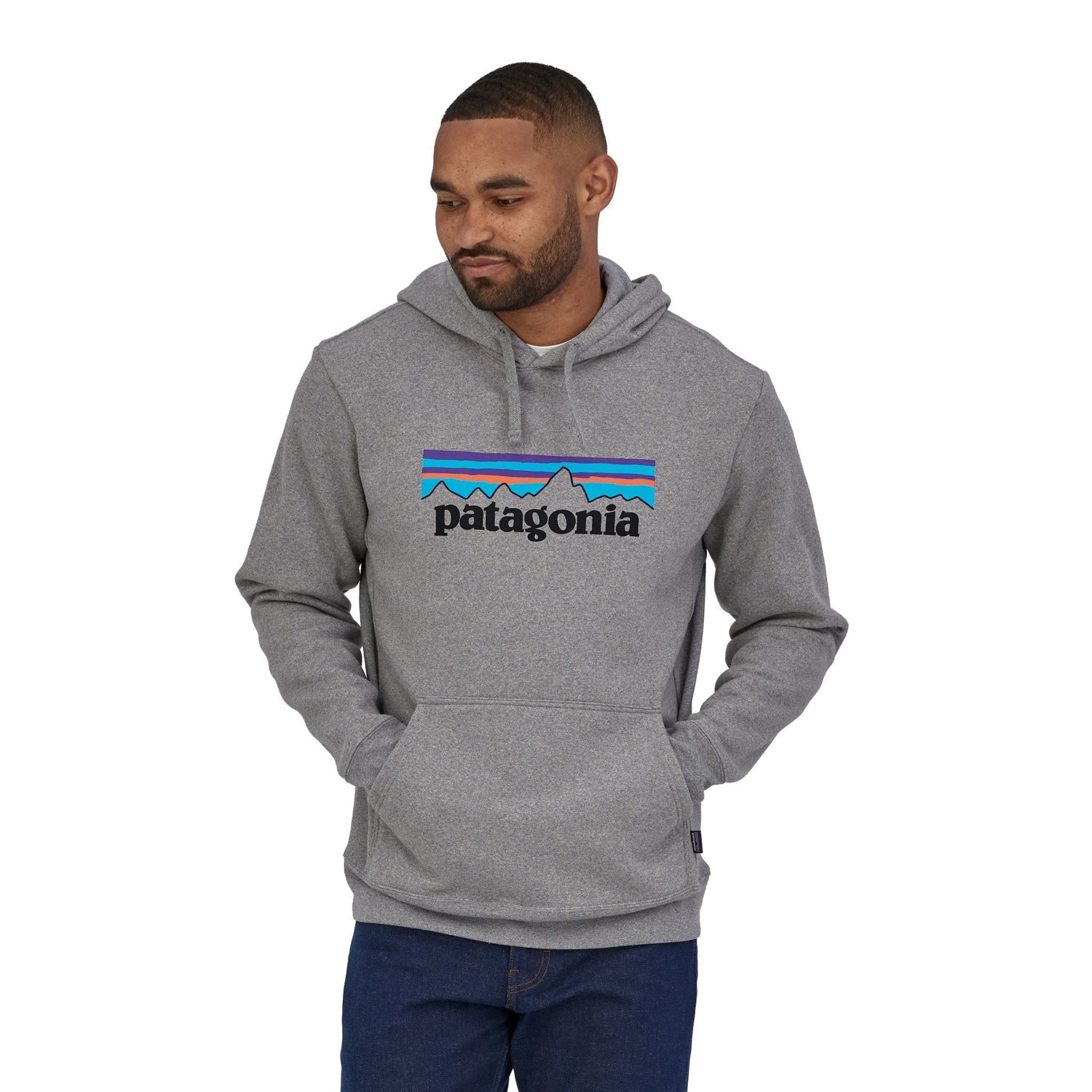
Unisex P-6 Logo Uprisal Hoody - Made From Recycled Cotton & Recycled Polyester
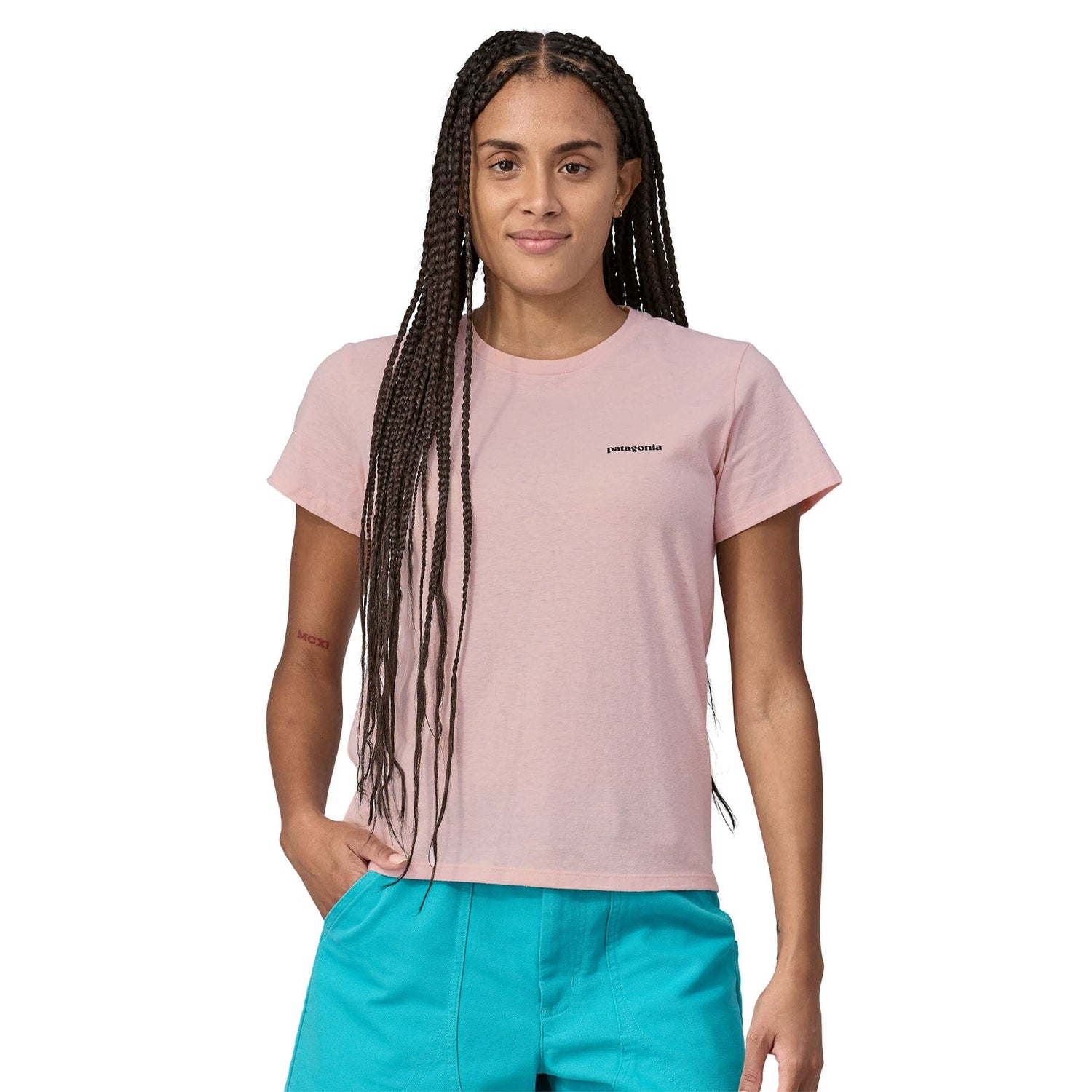
W's P-6 Logo Responsibili-Tee - Recycled Cotton & Recycled Polyester
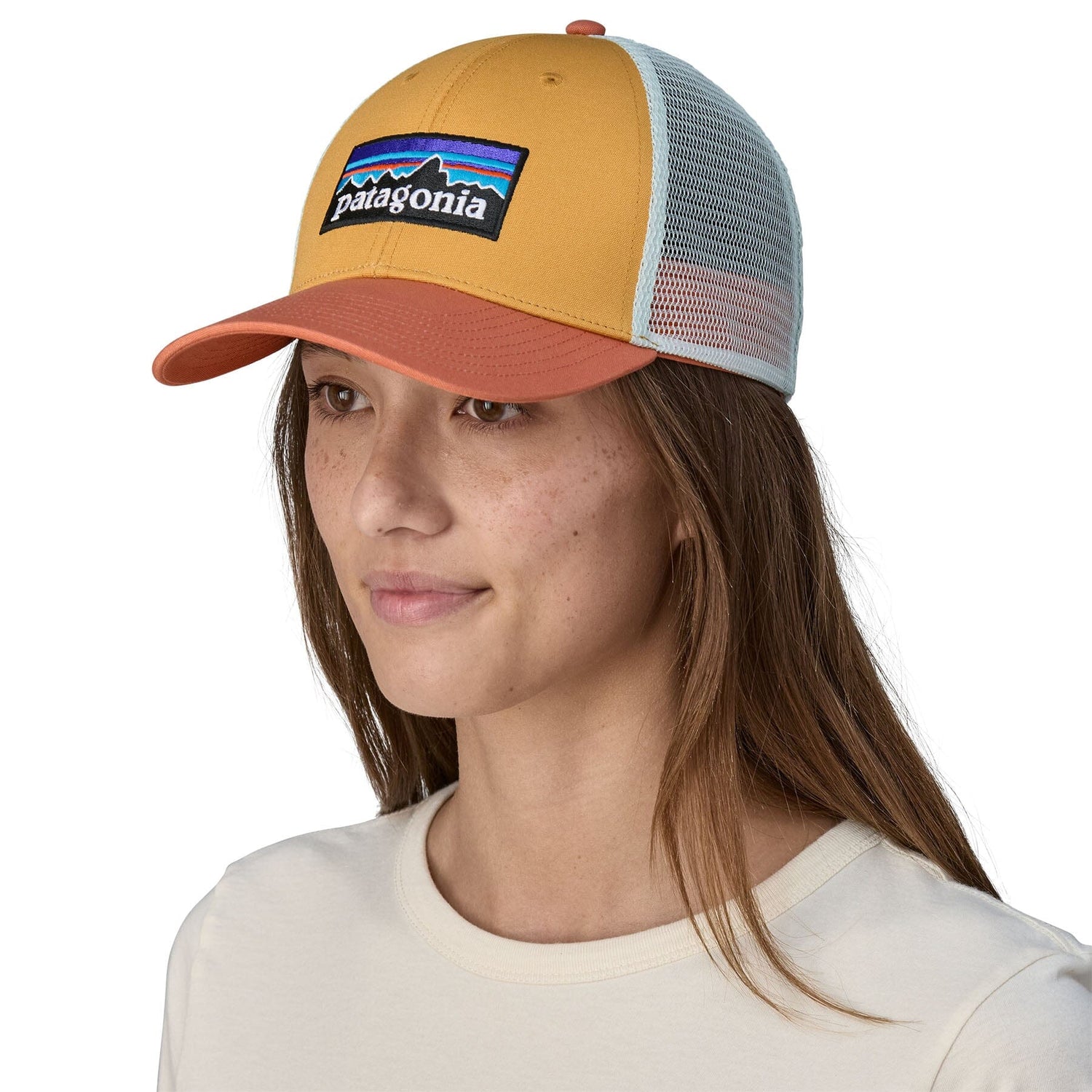
P-6 LoPro Trucker Cap - Organic Cotton
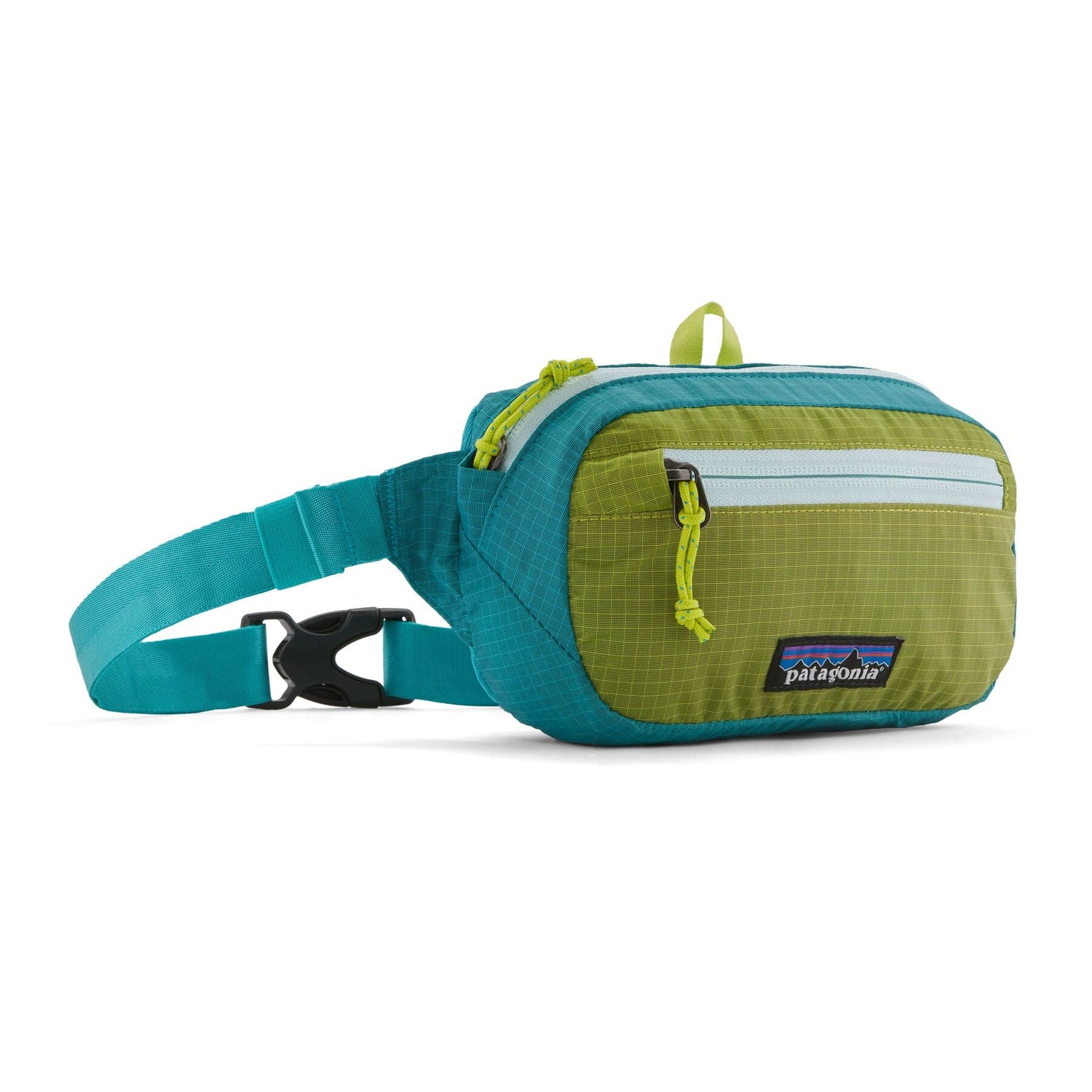
Ultralight Black Hole Mini Hip Pack 1L - Recycled Nylon
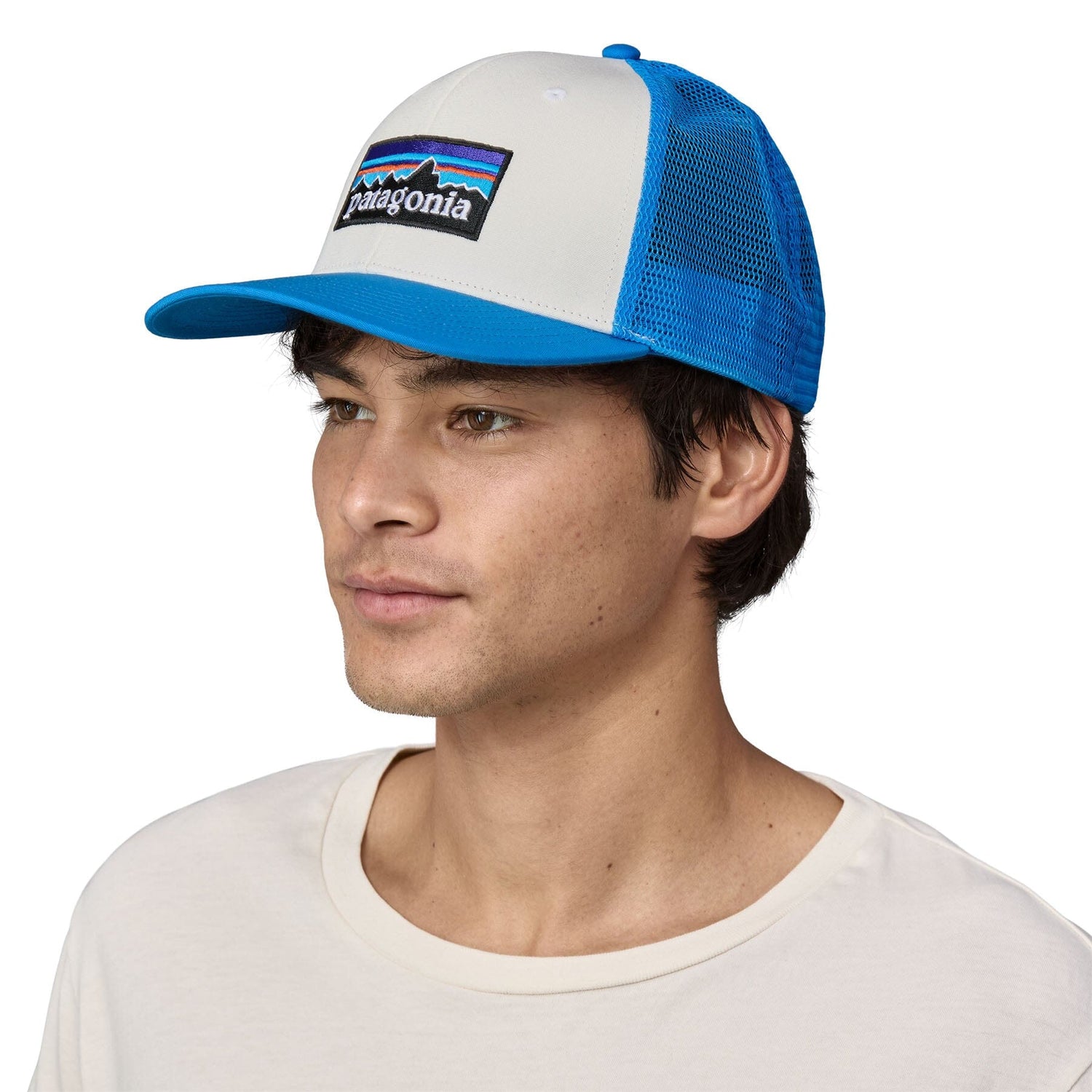
Unisex P-6 Logo Trucker Hat - Organic Cotton
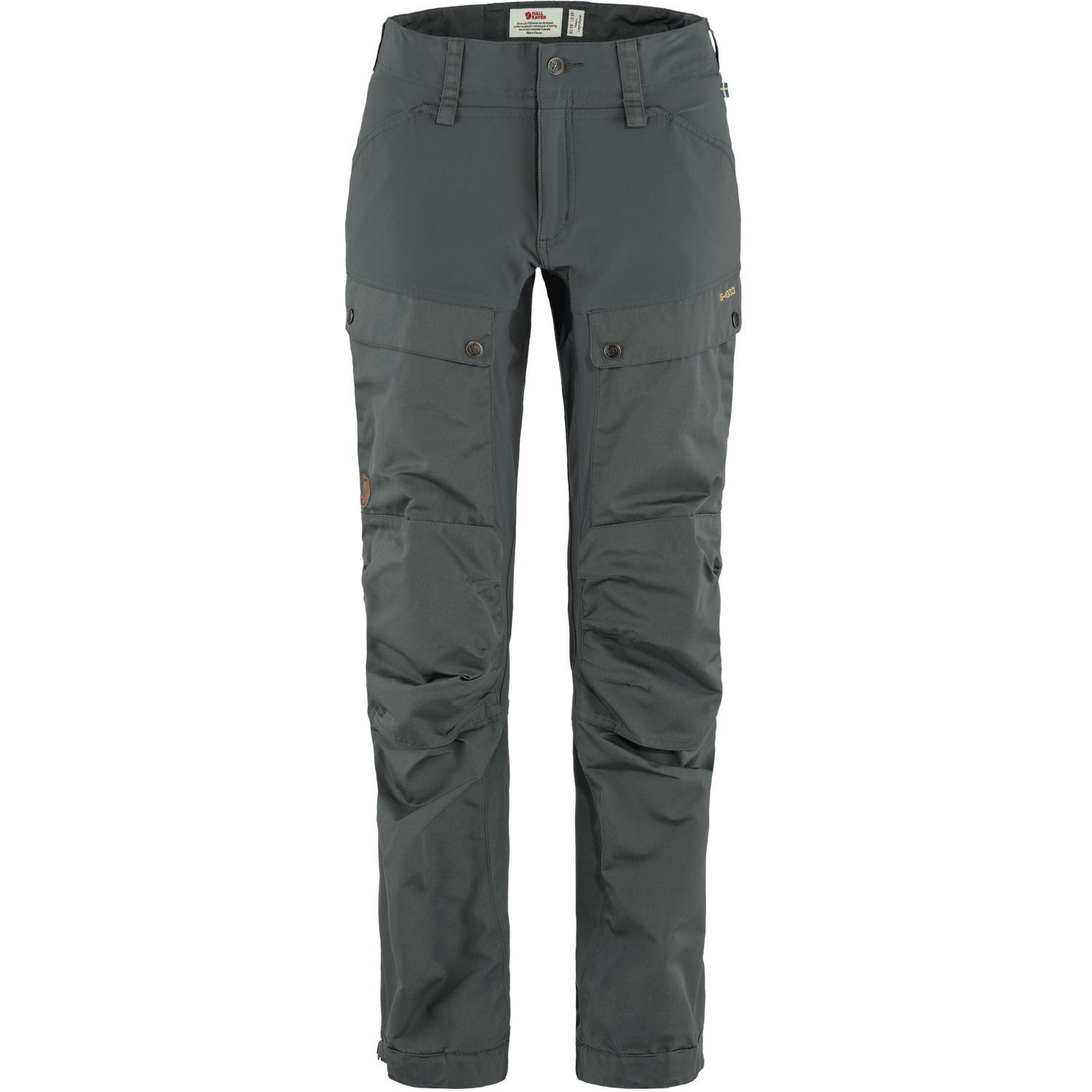
W's Keb Trousers - G-1000® Eco
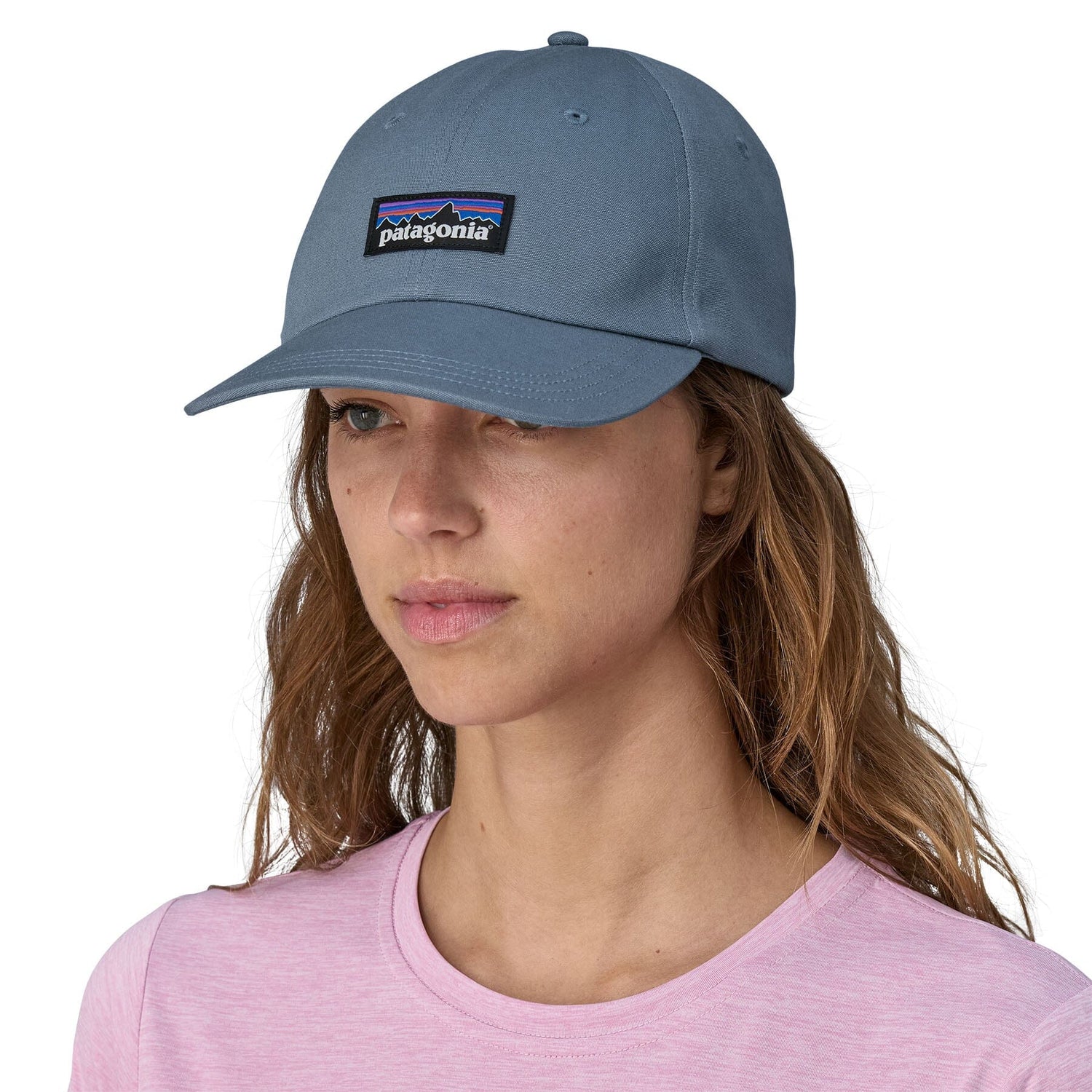
Unisex P-6 Label Trad Cap - Organic Cotton
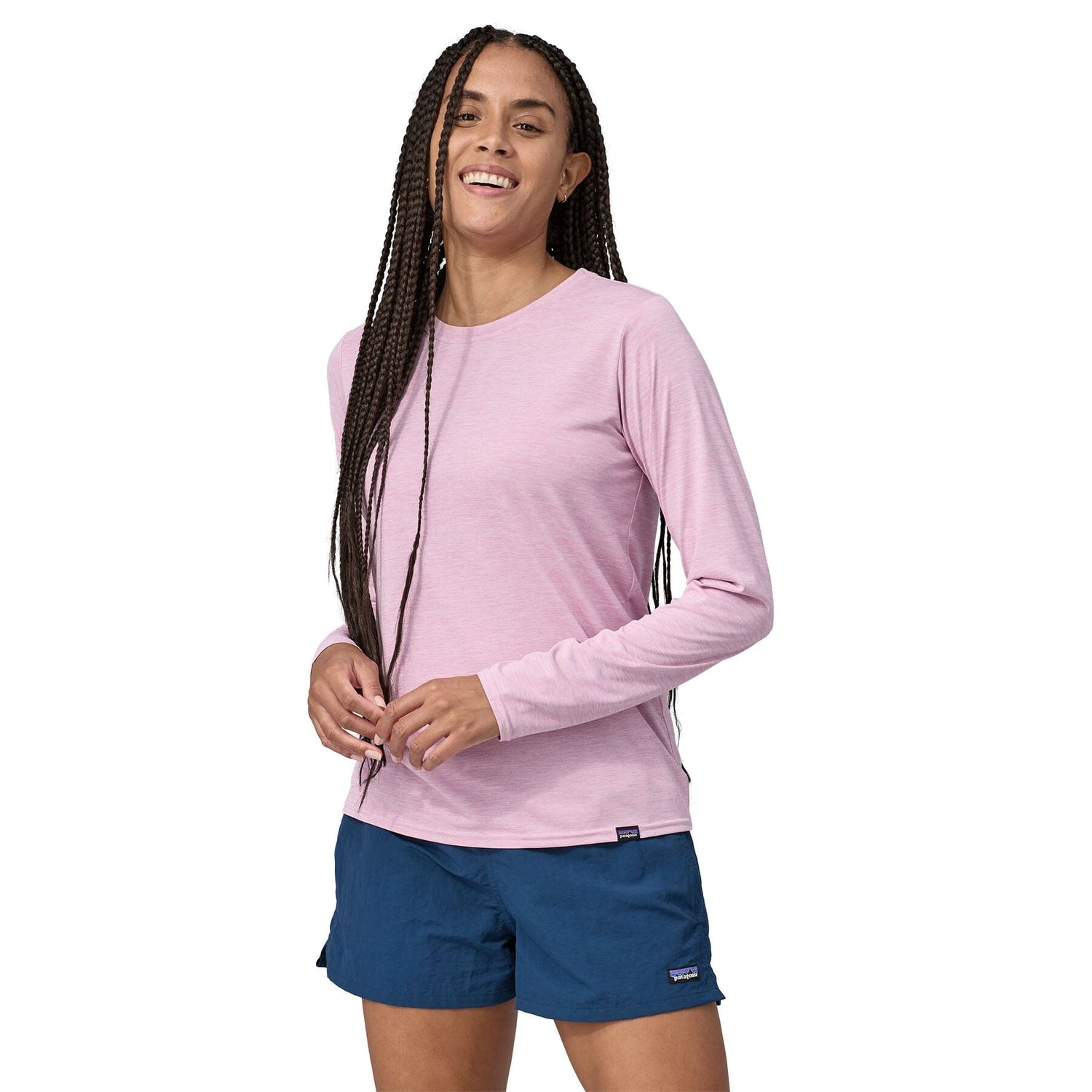
W's Capilene Cool Daily LS Shirt - Recycled Polyester
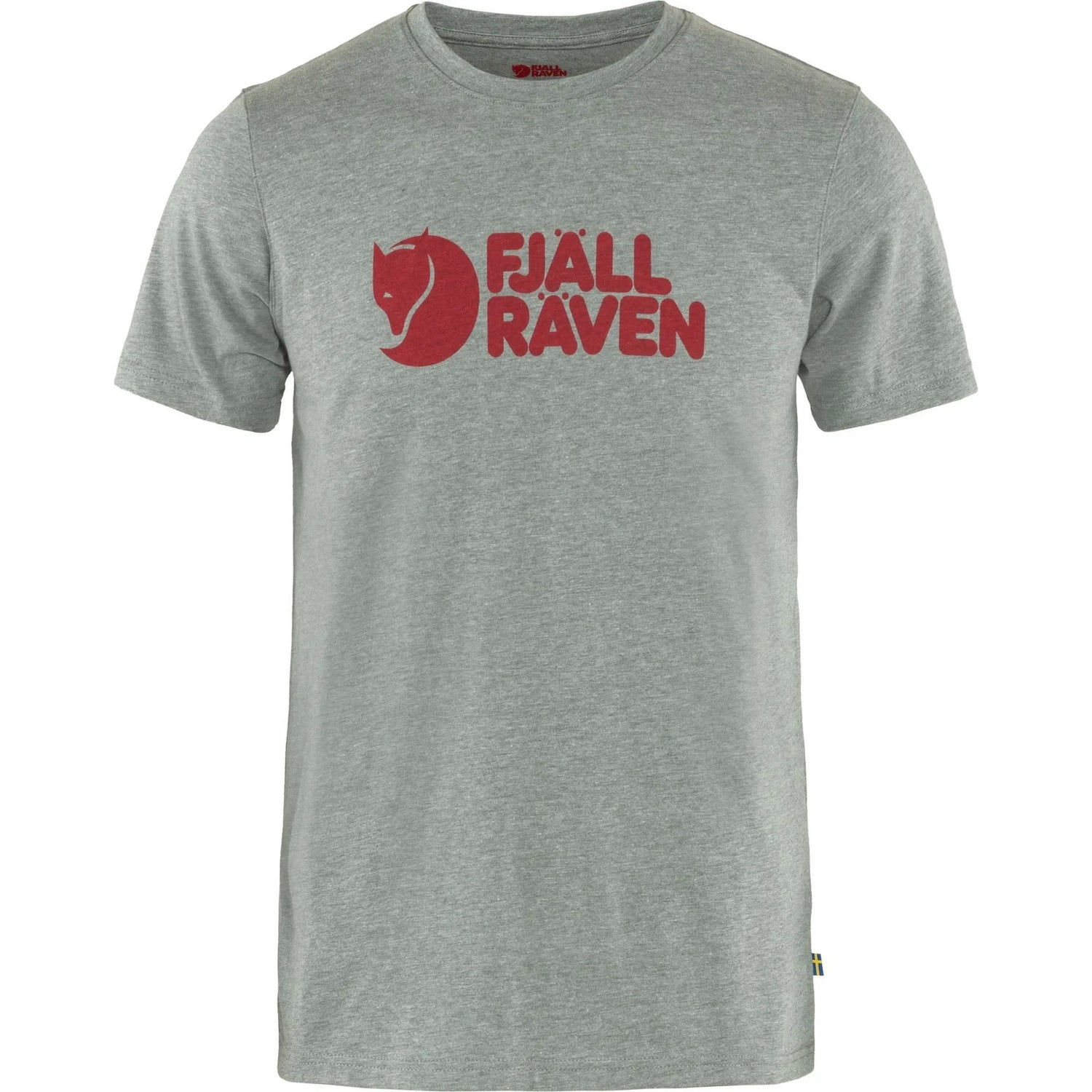
M's Fjällräven Logo T-shirt - Organic cotton & recycled polyester
Let customers speak for us
from 7128 reviewsNapakat ja kestävät. Hankin toiset samaa mallia, koska nämä ovat aina käytössä. Koko on mielestäni reilu, itse valitsin tavallista kokoa pienemmät, koska materiaali venyy ja haluan etenkin juoksuun tukea.

Näyttää ja tuntuu tosi hyvältä! Kiva malli: bindaa kevyesti, on napakka rintojen kohdalta, mutta ei purista kainaloista. Sopii urheilun lisäksi myös arkikäyttöön sellaisenaan tai vaatteiden alla.

Great windproof jacket - really can't feel cold wind, warm and light as well.

Ostin aiemmin ostetun paloma liivin kaveriksi tämän mallin, mahtavan tukeva mutta kuitenkin pehmeä eikä purista mistään. Voin suositella! Käytän näitä lähes joka päivä.

Tämä huppari on osoittanut todella toimivaksi. Huppari on yllättävän lämmin ja pitää tuulta hyvin. Plussa vielä ihanasta väristä

Vastaa kokoa hyvin, materiaali ja istuvuus 5/5

Versand und sonstige Abwicklung lief schnell und unkompliziert. Der Preis war vergleichsweise der beste, den ich online finden konnte. Produkt ist top und wird schon jetzt gerne getragen.

Ohut ja hyvän tuntoinen. Väljähkö mitoitus, sopiva treenaamiseen.

Kevyt, ei kahise. Melko väljä mitoitus.

W's Compressive Legging - Normal - Made From Recycled Plastic Bottles

M's Better Sweater 1/4 Zip Fleece - 100% Recycled Polyester

Super mukavat kengät jalassa. Otin näistä oman koon ja ovat juuri sopivat. Tyylikkäät ja toimii niin housujen kuin mekkojenkin kanssa. Täydelliset kaikin puolin!

Täydellinen urheiluun ja vapaa-aikaan. Ihana vähän pidempi malli.

Aivan kuvanmukaiset, miellyttävät pitää jalassa.

Takki toimi todella hyvin hiihtovaelluksella, kerroksia lisäämällä tarkeni kovemmallakin pakkasella ja toisaalta ei tullut liian kuuma kovemmassa rasituksessa.

Outlet

W's Lightweight Synchilla Snap-T Fleece Pullover - Recycled Polyester

W's High-Rise Pocket Legging - Made From Recycled Water Bottles
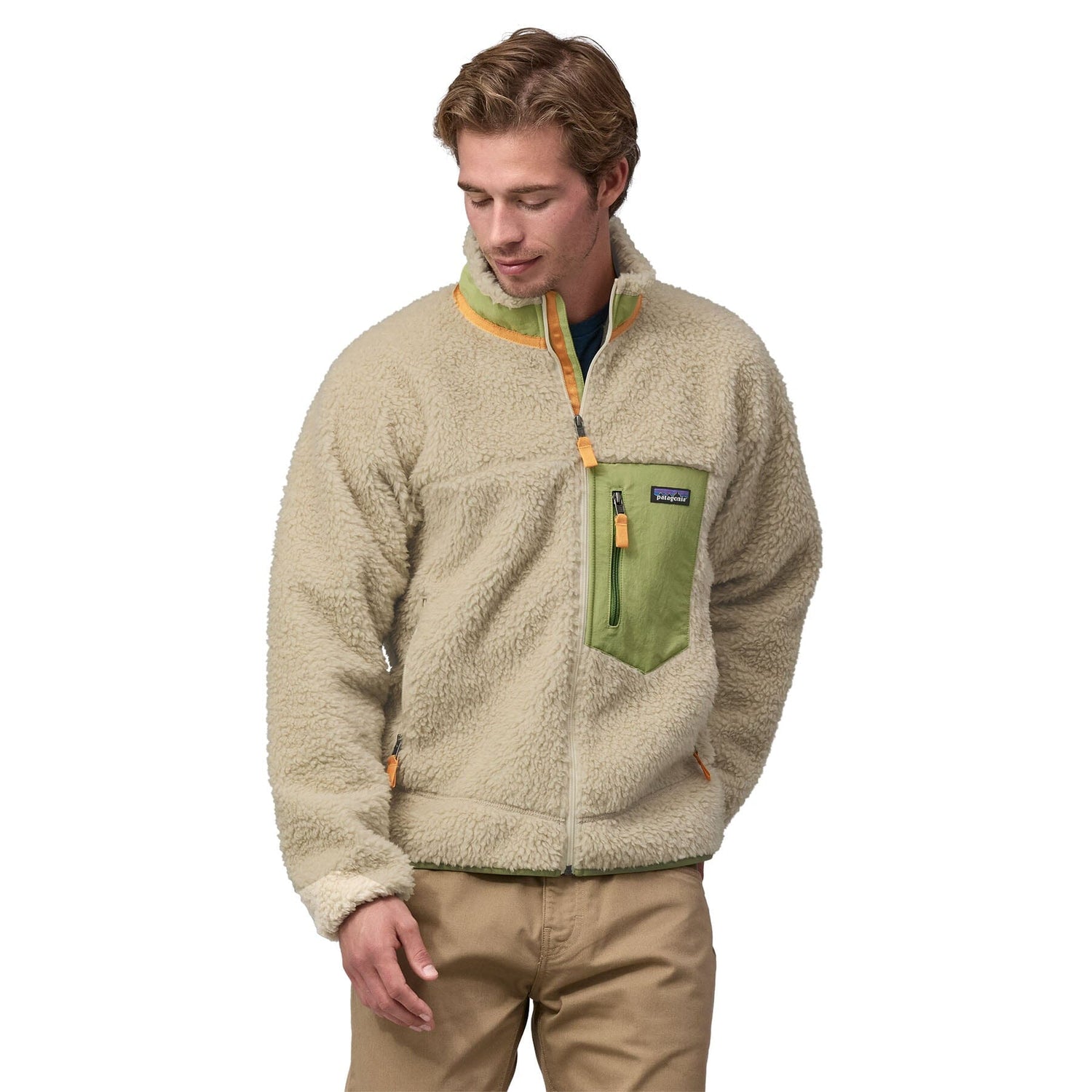
M's Classic Retro-X Fleece Jacket - Recycled Polyester
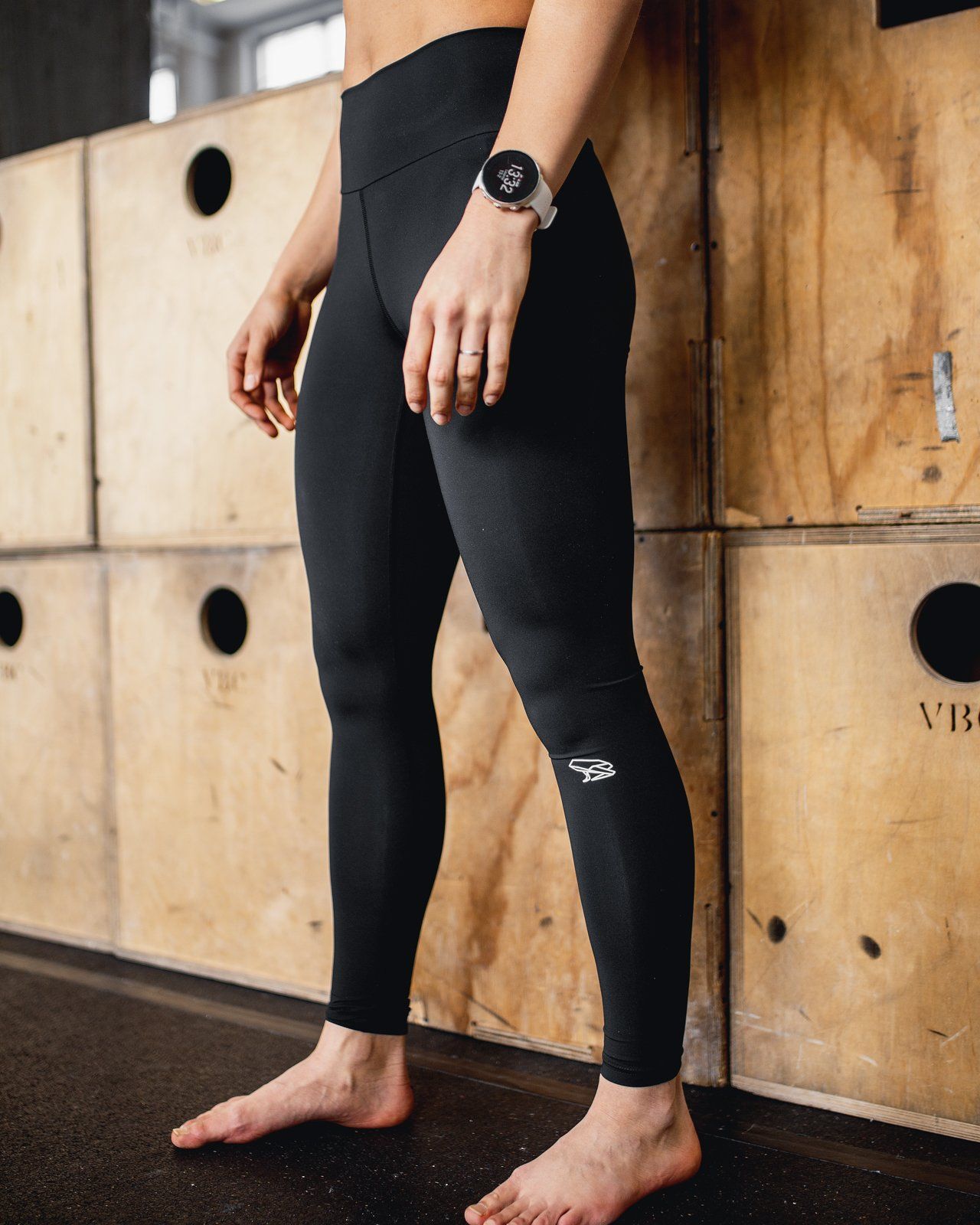
Terra Tights 2 - Recycled Polyamide
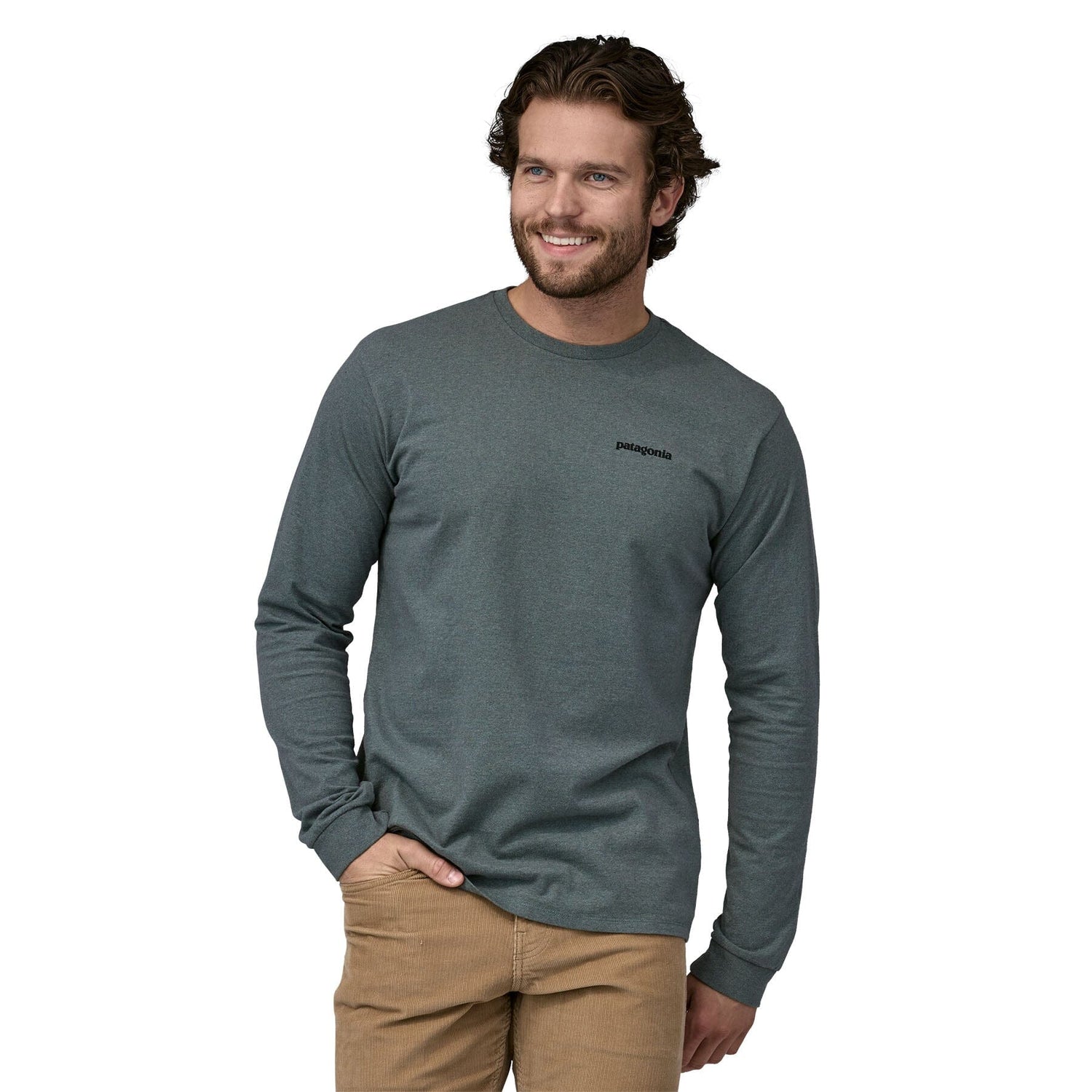
M's Long-Sleeved P-6 Logo Responsibili-Tee® - Recycled Polyester

M's P-6 Logo Responsibili-Tee® - Recycled cotton
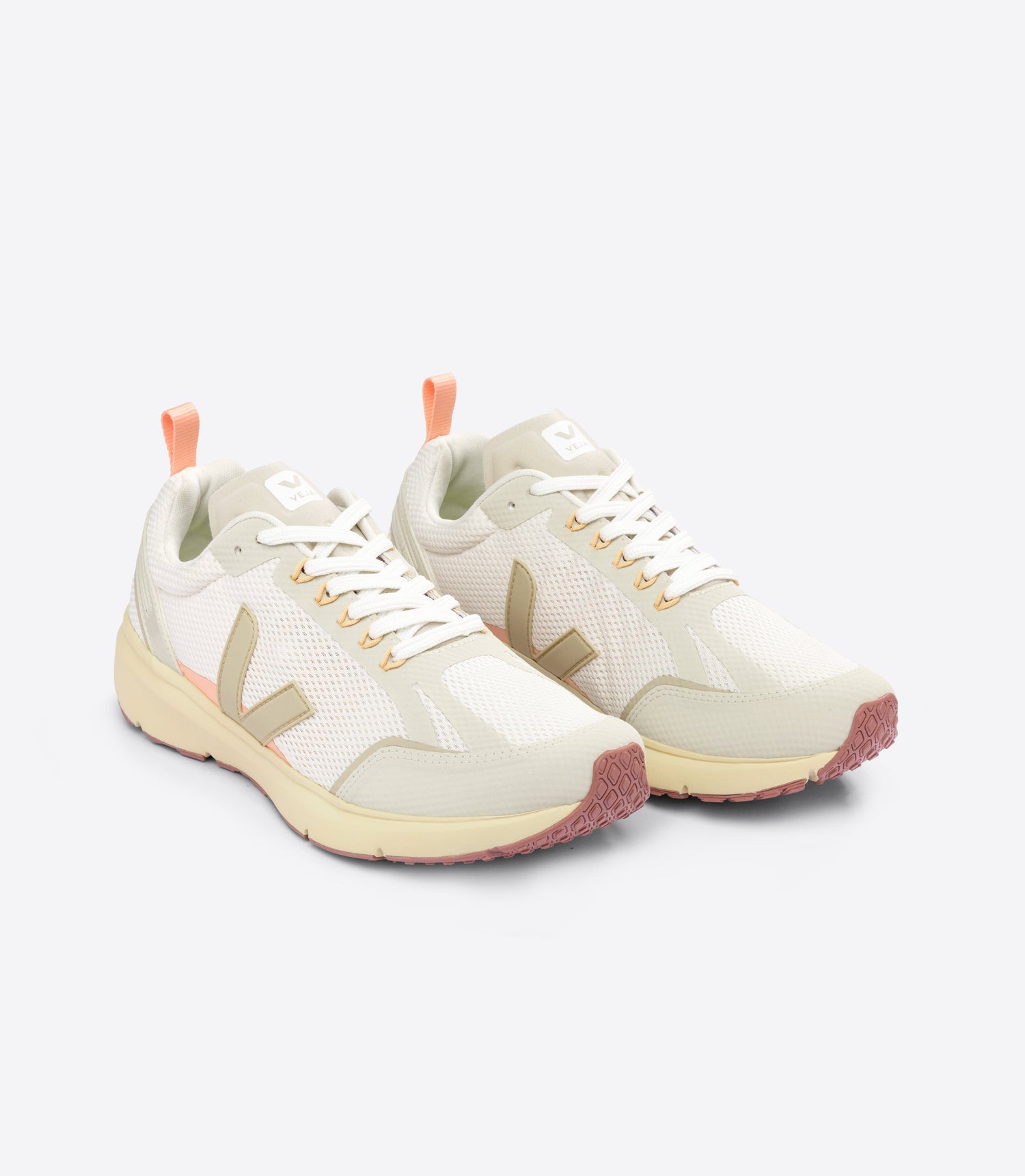
W's Condor 2 Alveomesh Running Shoes - Recycled Plastic Bottles
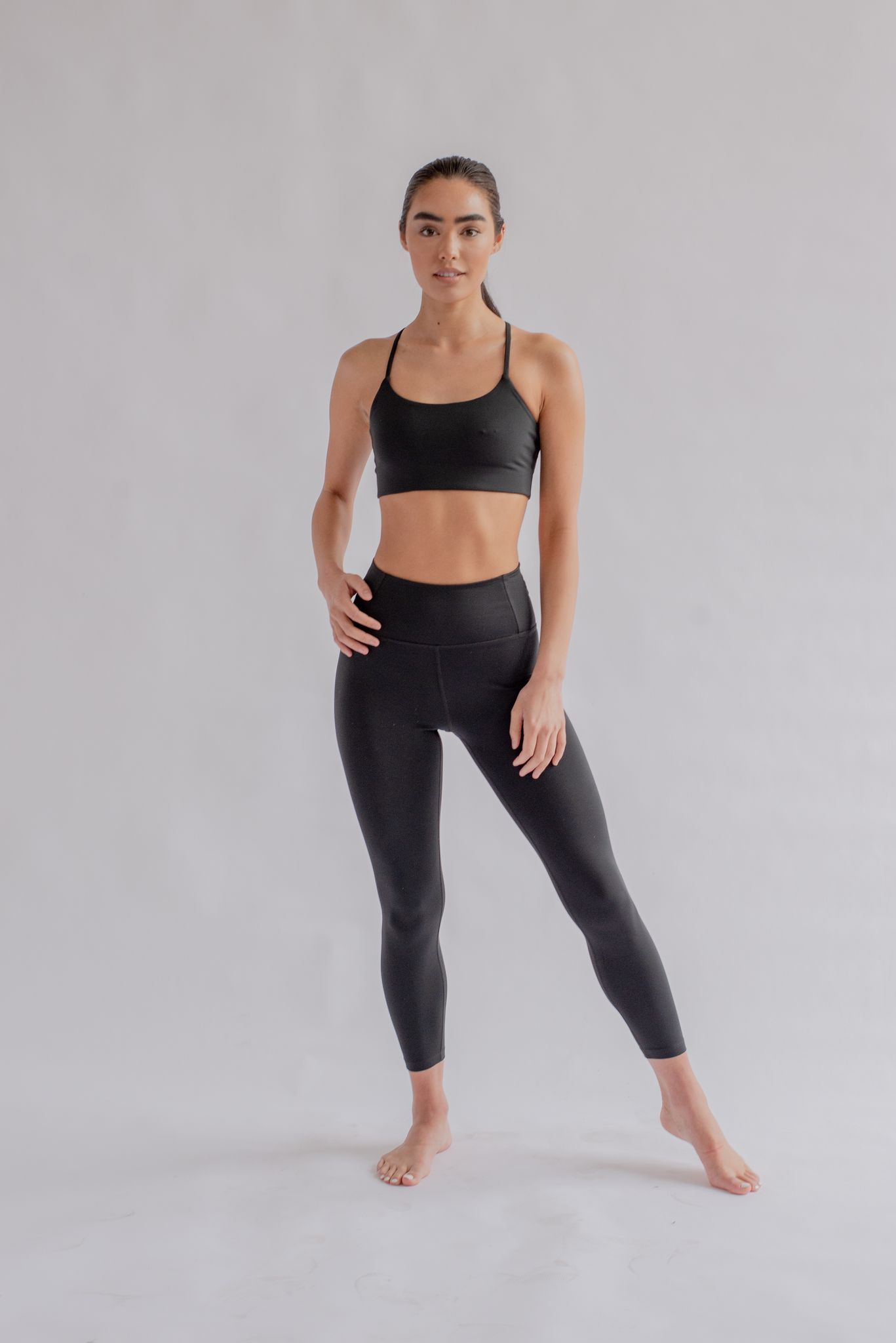
W's Float High-Rise Legging - Made from Recycled plastic bottles
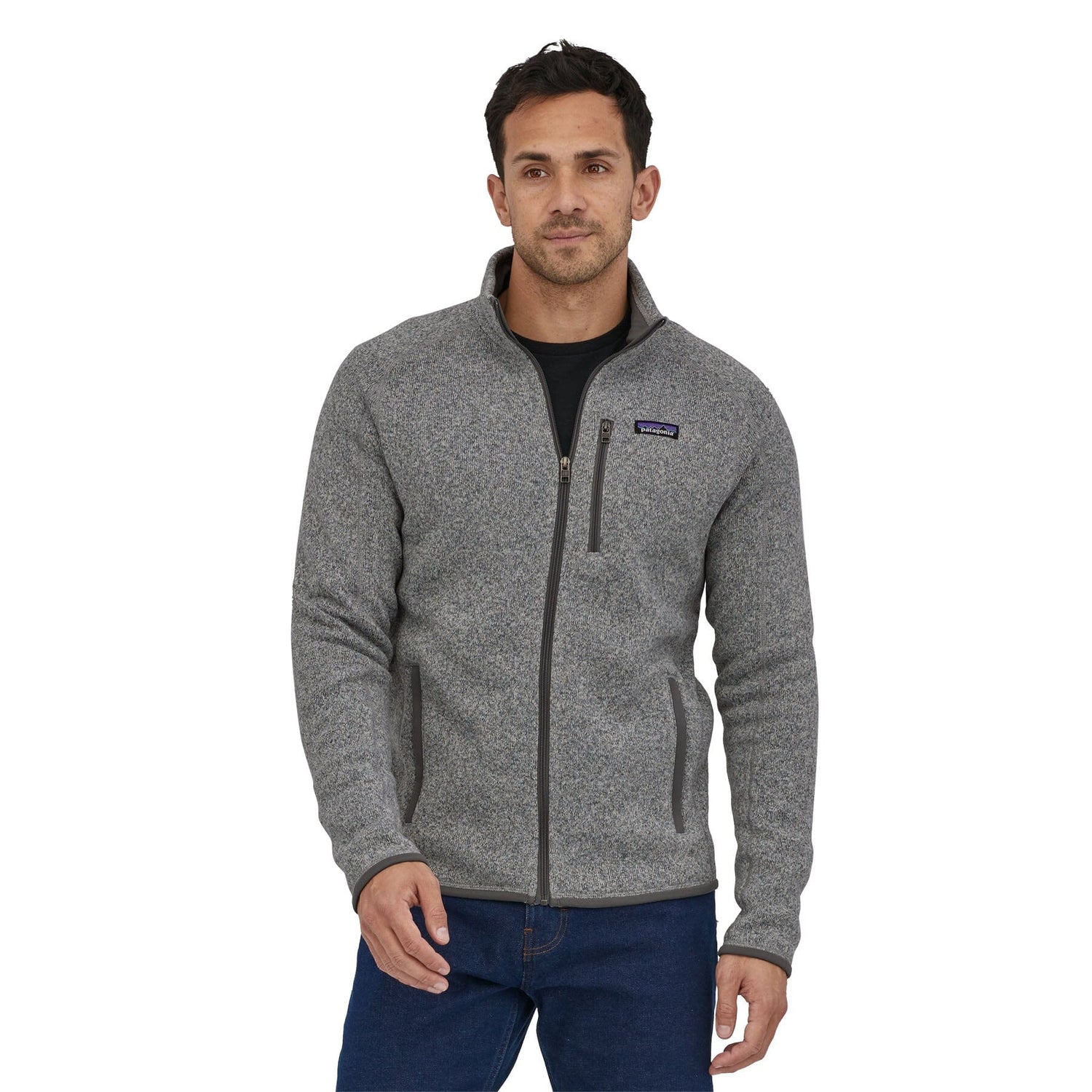
M's Better Sweater Fleece Jacket - 100 % recycled polyester
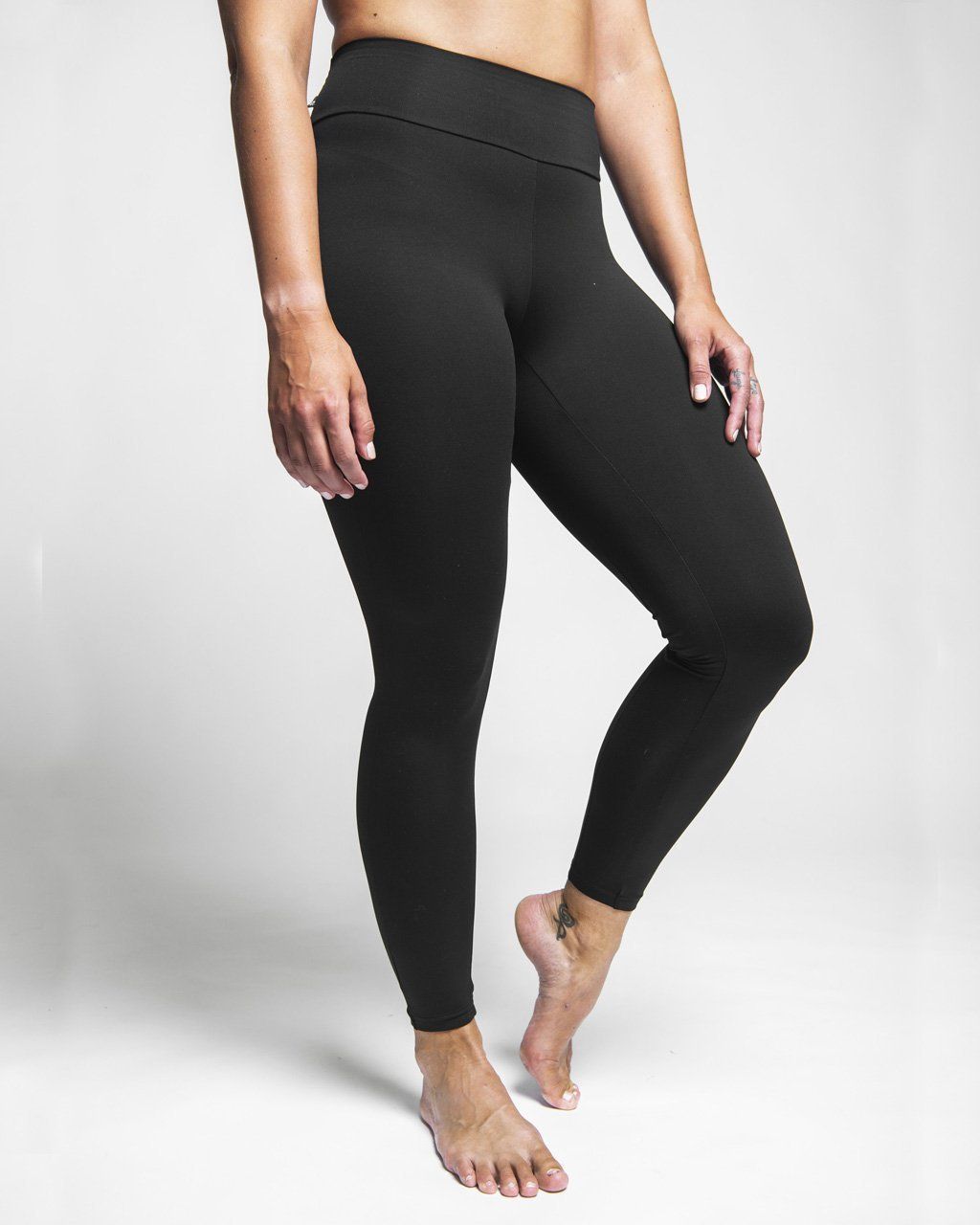
Saturnus Tights - Oeko-tex 100 Standard Certified Polyamide
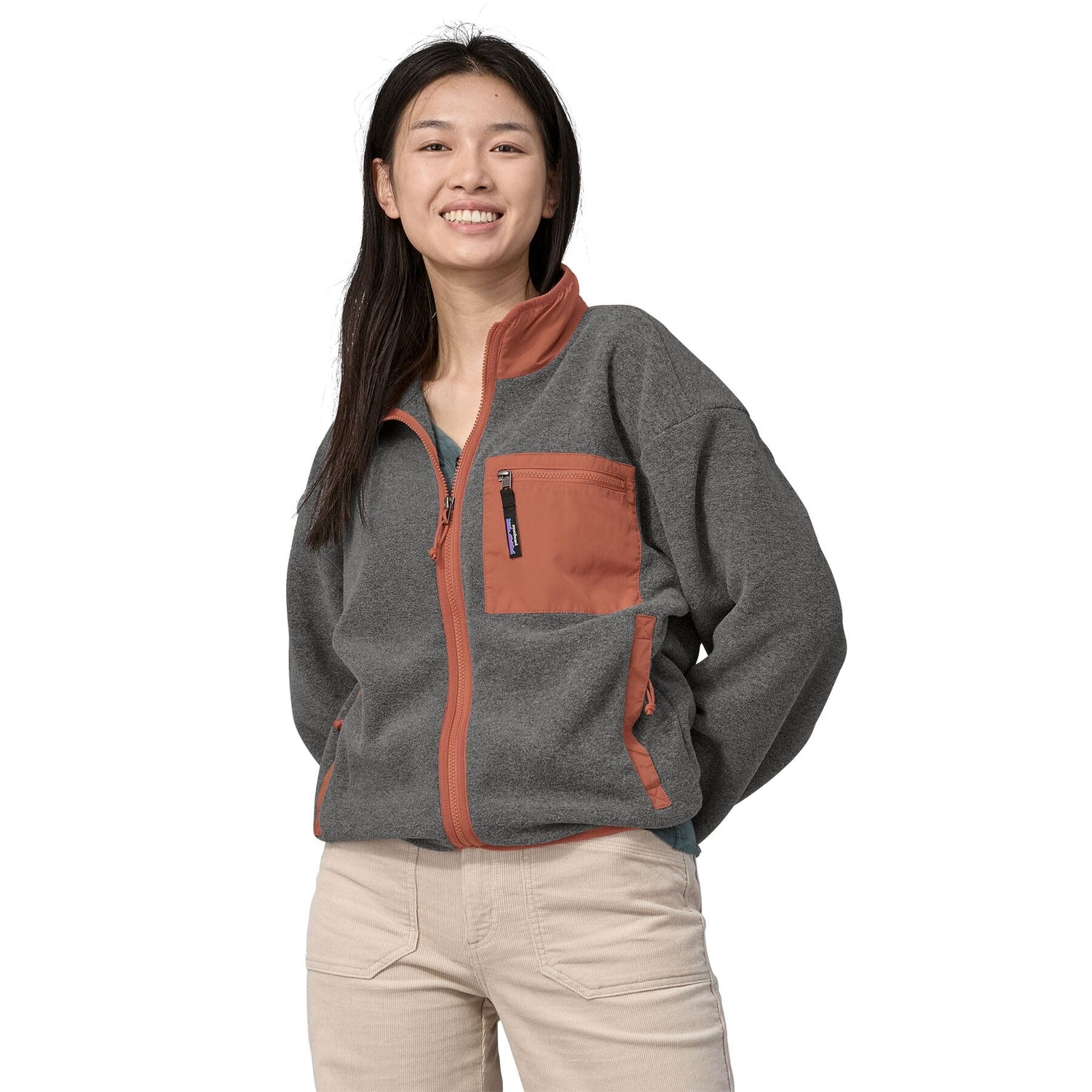
W's Synchilla® Fleece Jacket - 100% recycled polyester
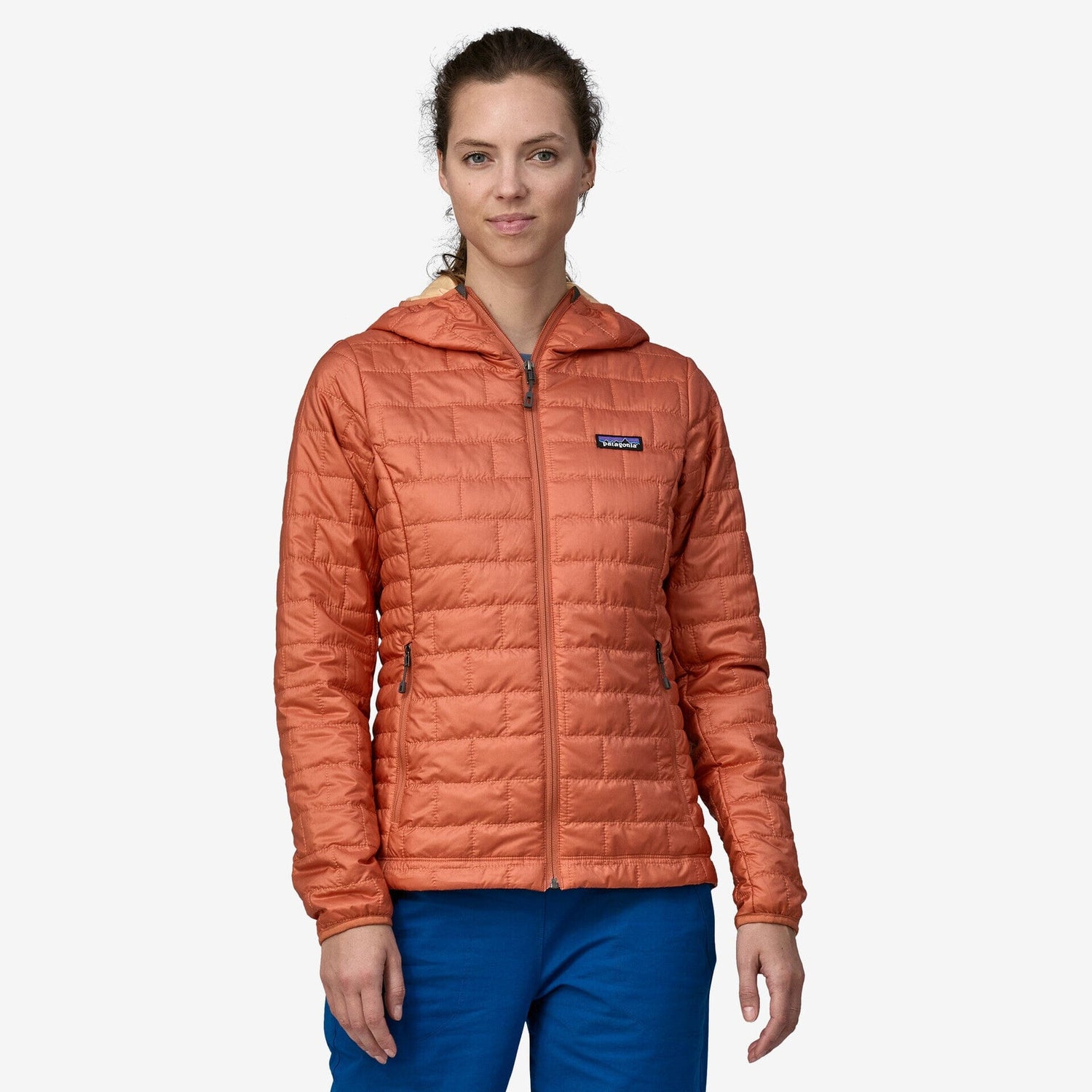
W's Nano Puff® Hoody - Recycled Polyester
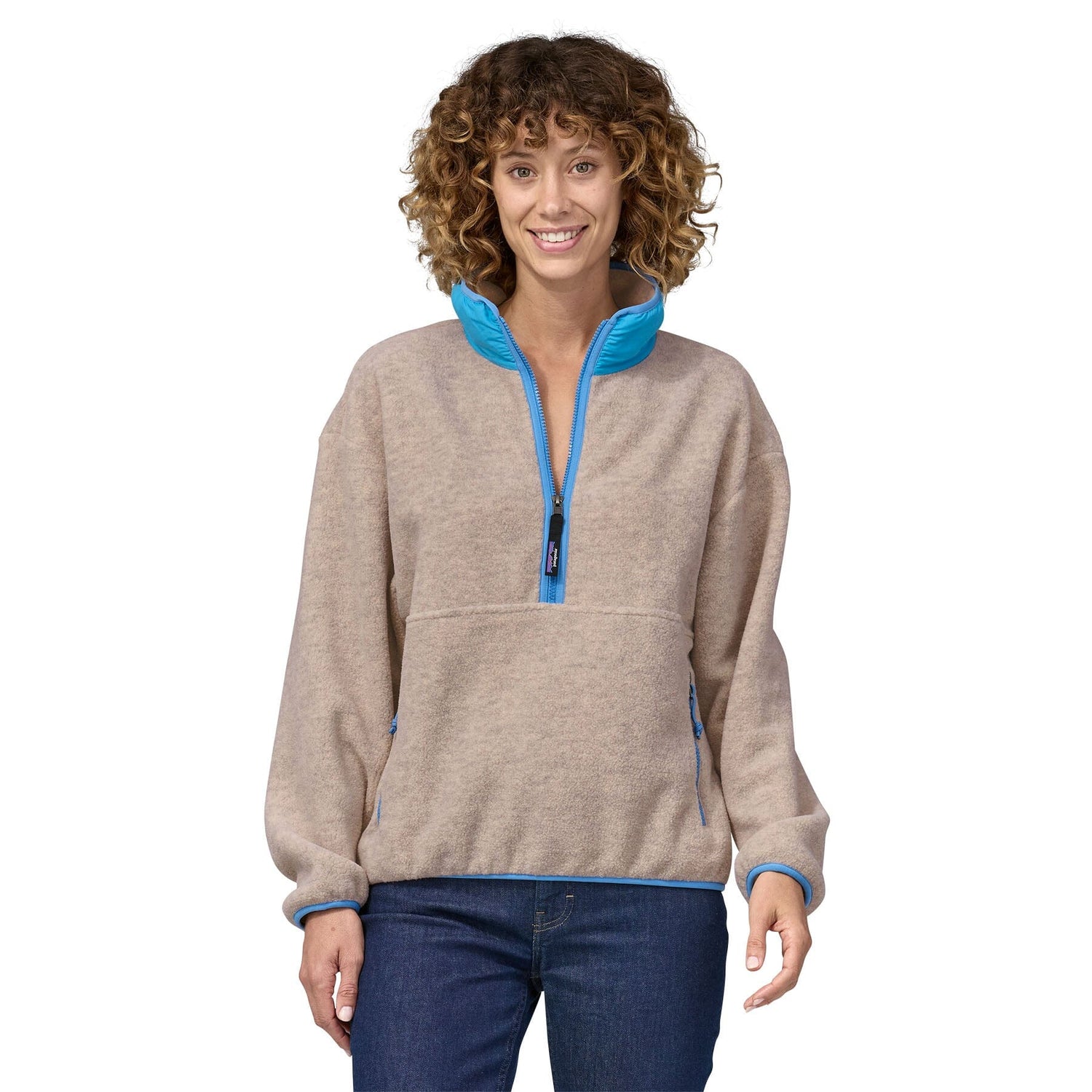
W's Synch Fleece Marsupial - 100% Recycled Polyester
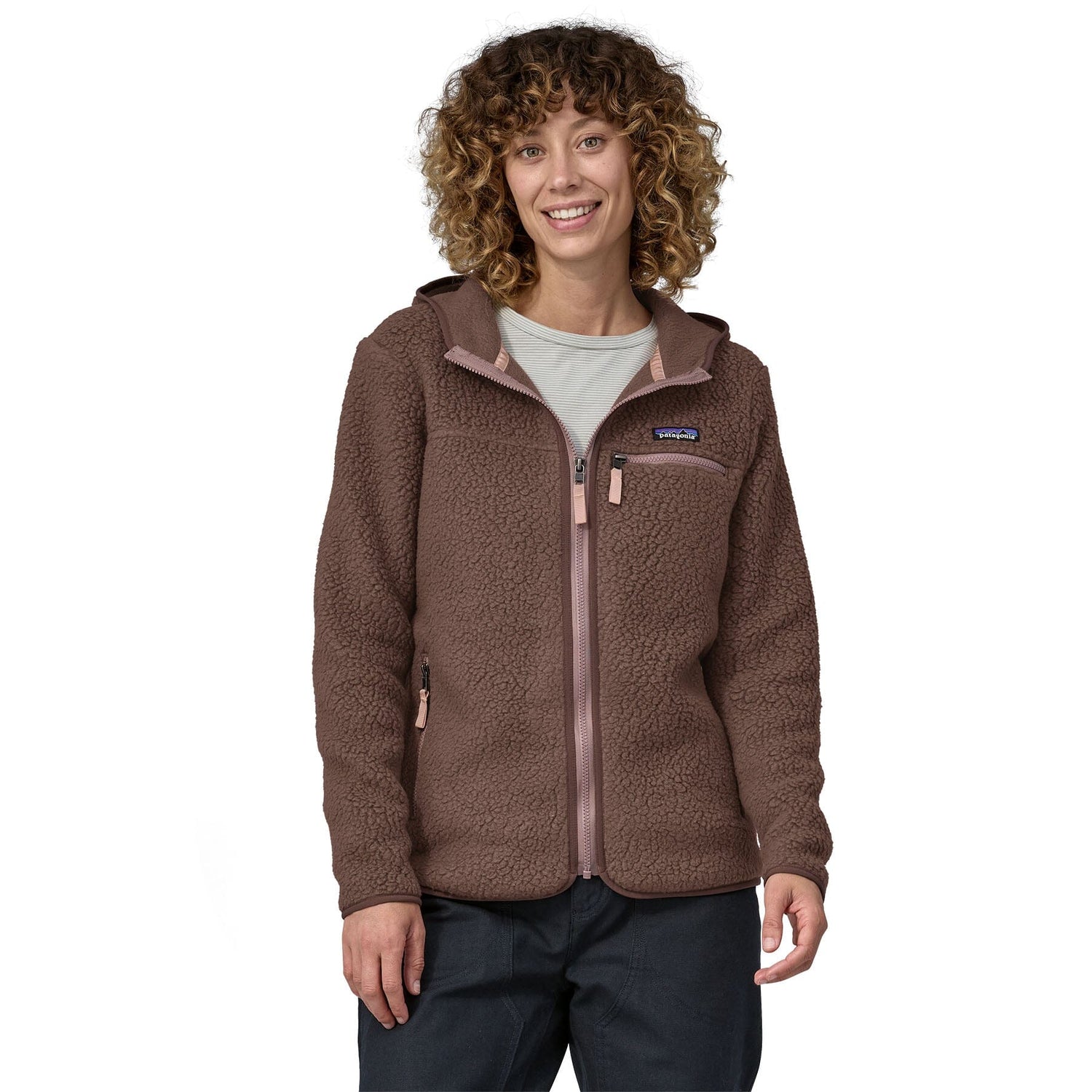
W's Retro Pile Fleece Hoody - Recycled Polyester
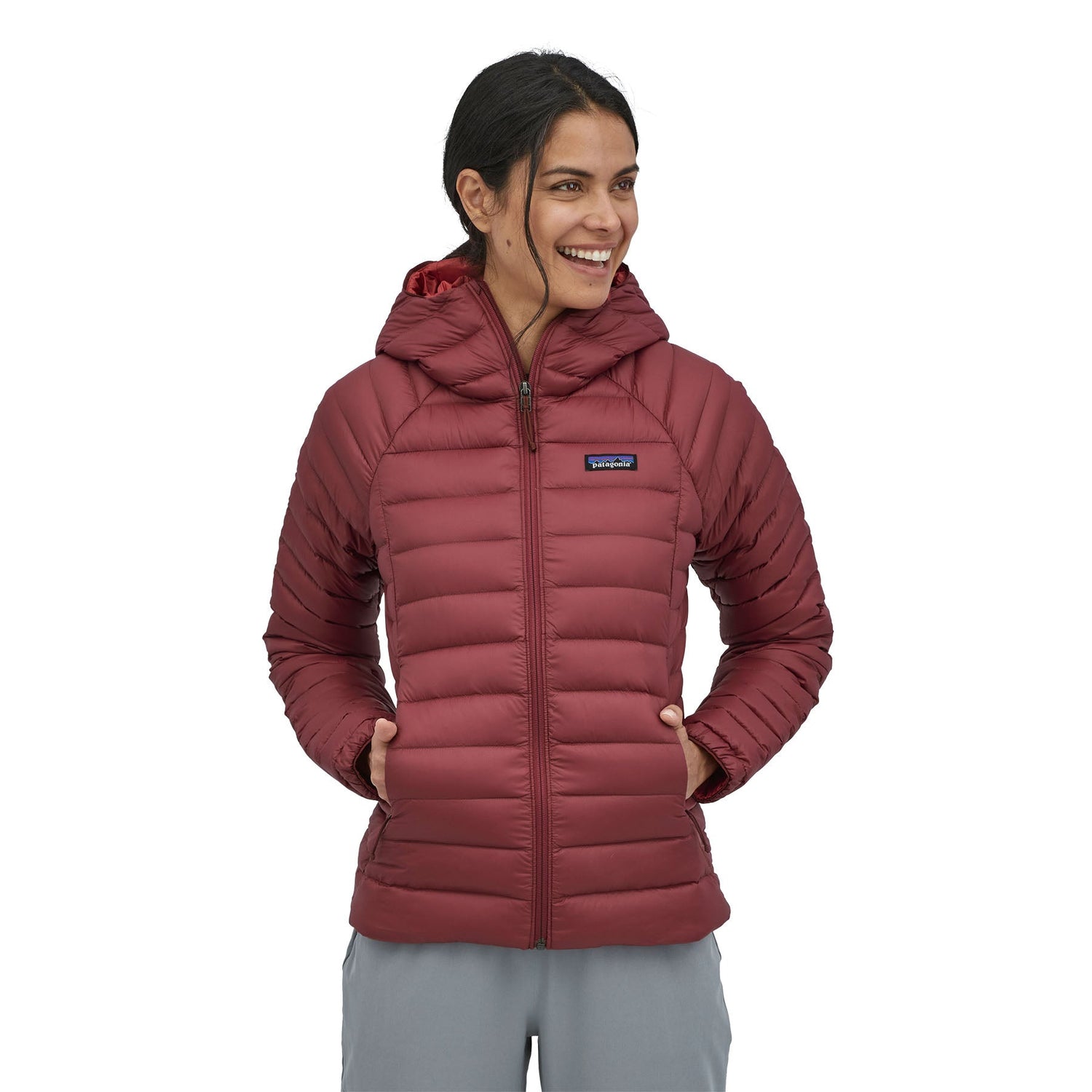
W's Down Sweater Hoody - Recycled Nylon & RDS certified Down
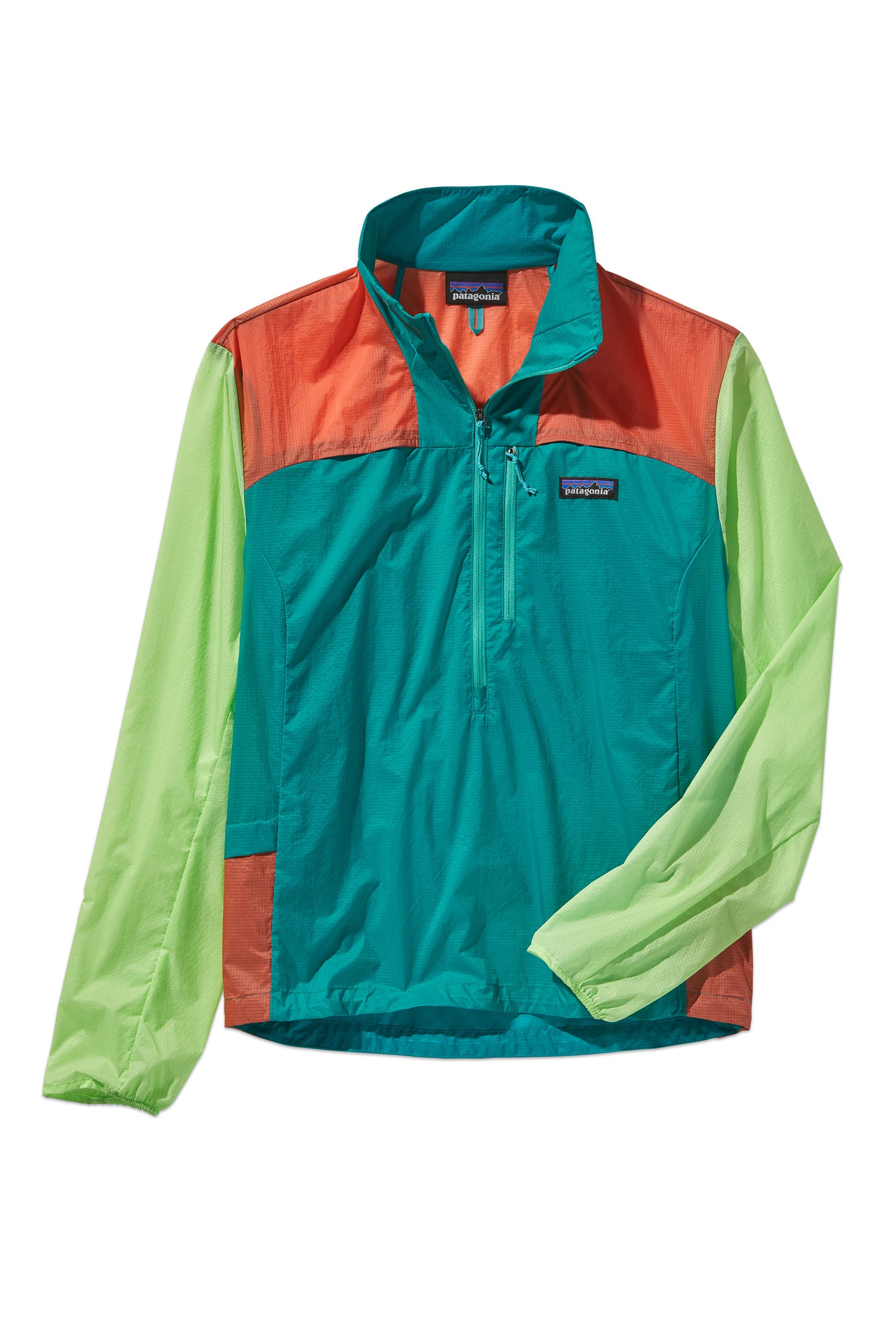
Stay Warm in Style
Discover the Best-Selling Patagonia Jackets
Elevate your outdoor adventures with Patagonia's top-rated jackets. Crafted for durability and performance, our collection features a range of styles designed to keep you warm and comfortable in any climate. From the iconic Down Sweater to the versatile Torrentshell, each jacket is engineered with eco-friendly materials and innovative technology.
Best-Selling
Patagonia Jackets

M's Classic Retro-X Fleece Jacket - Recycled Polyester
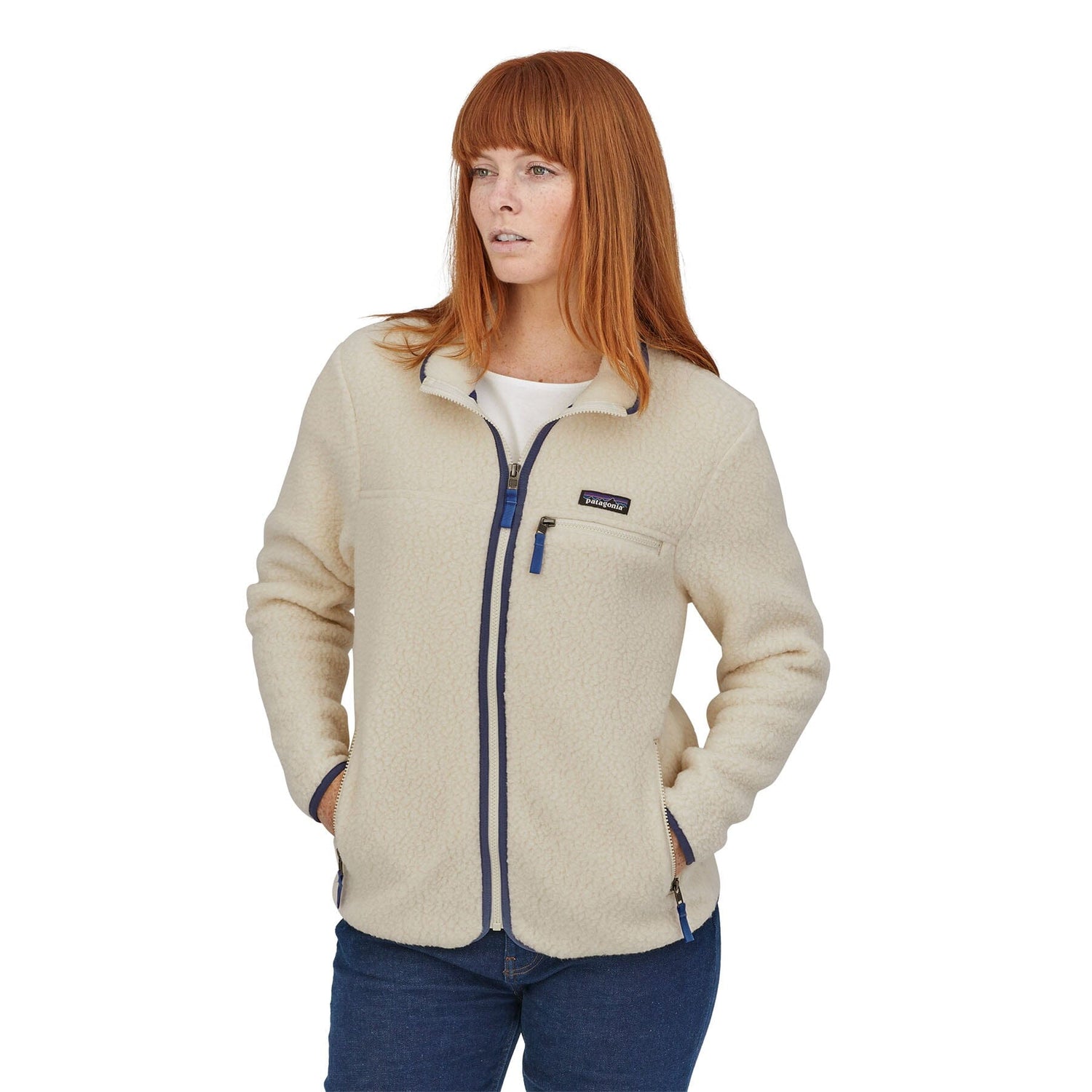
W's Retro Pile Fleece Jacket - Recycled Polyester
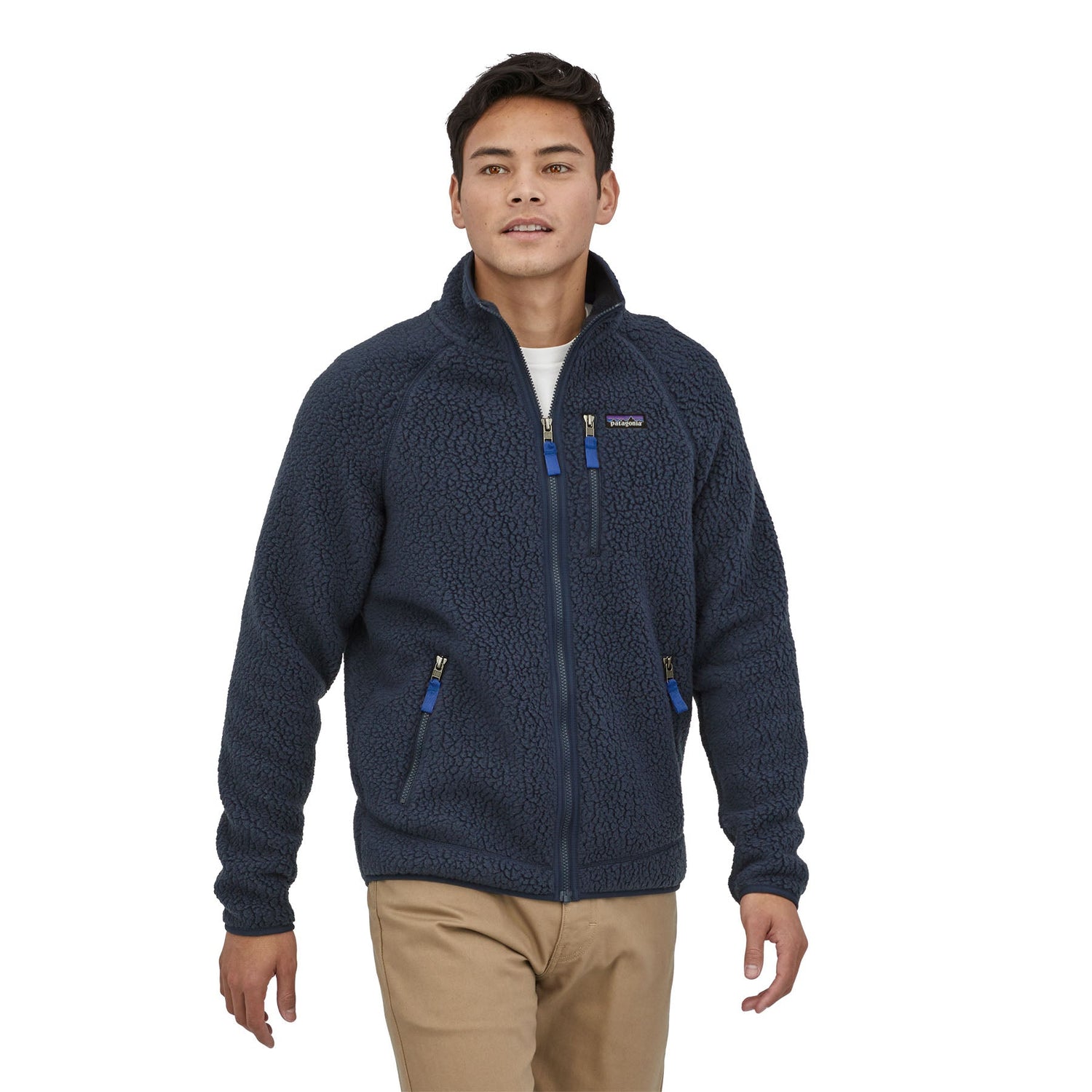
M's Retro Pile Jacket - 100 % Recycled Polyester
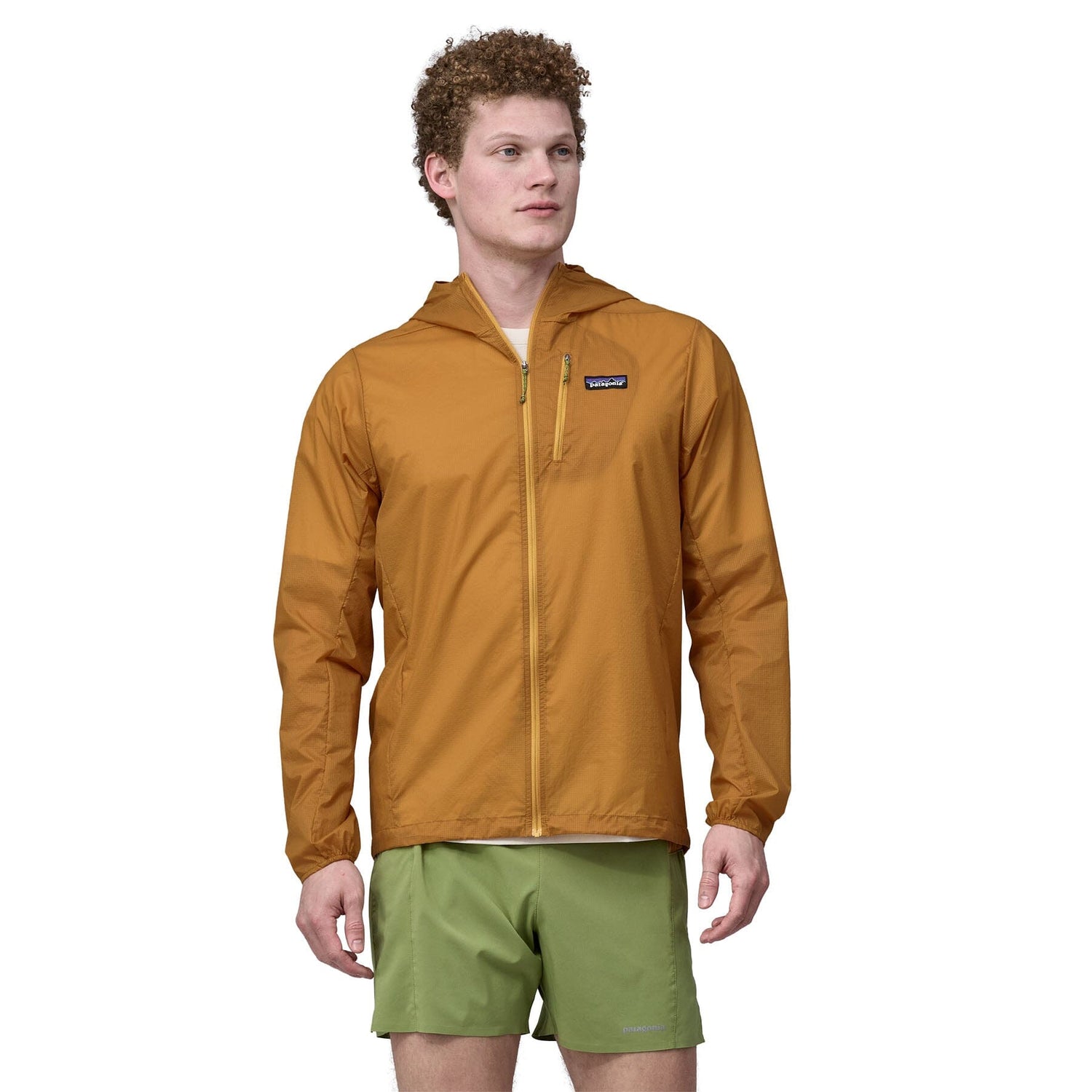
M's Houdini® Jacket - 100% Recycled Nylon
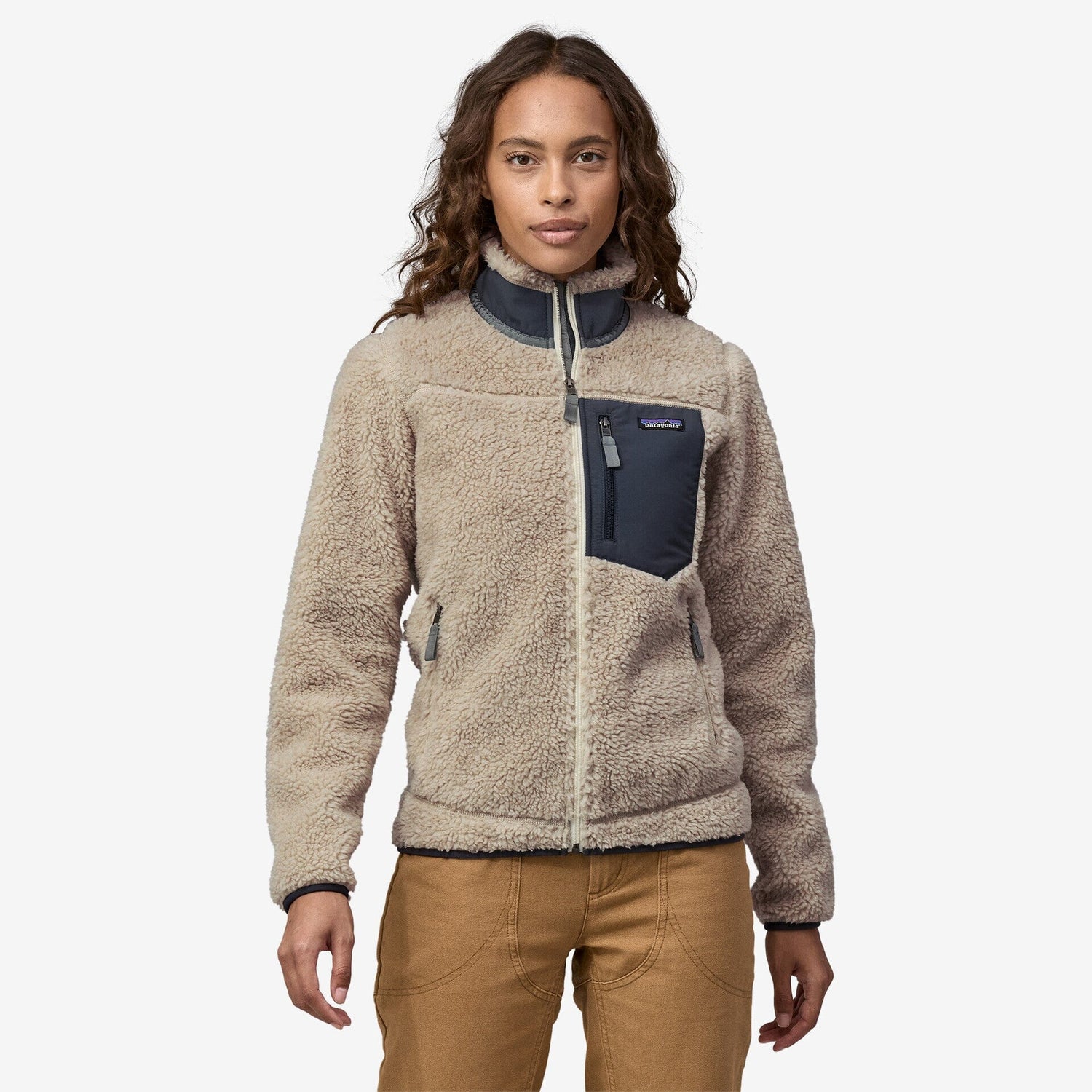
W's Classic Retro-X Jkt - Recycled Polyester

W's Synchilla® Fleece Jacket - 100% recycled polyester

W's Nano Puff® Hoody - Recycled Polyester
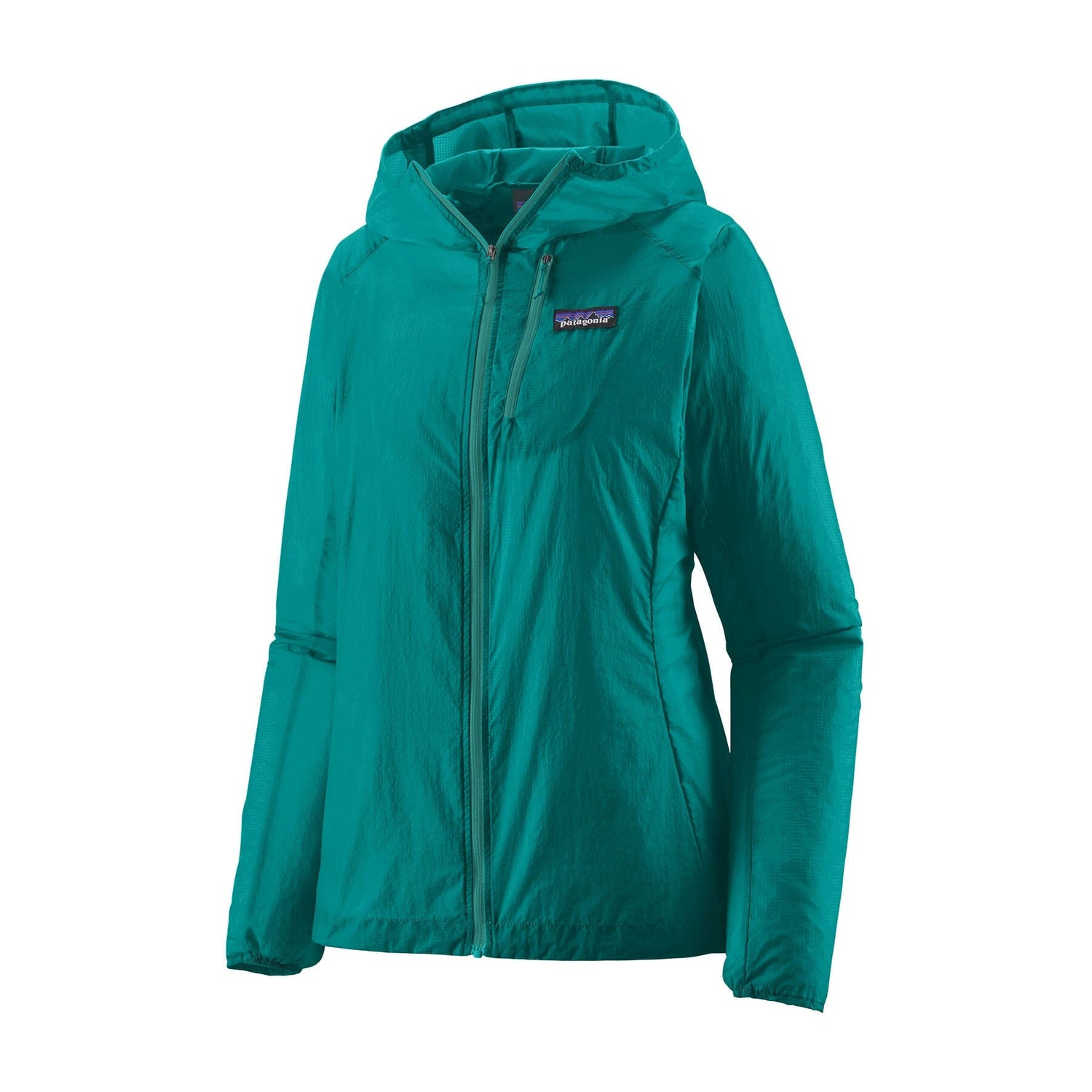
W's Houdini® Jacket - 100% Recycled Nylon

W's Retro Pile Fleece Hoody - Recycled Polyester

W's Down Sweater Hoody - Recycled Nylon & RDS certified Down
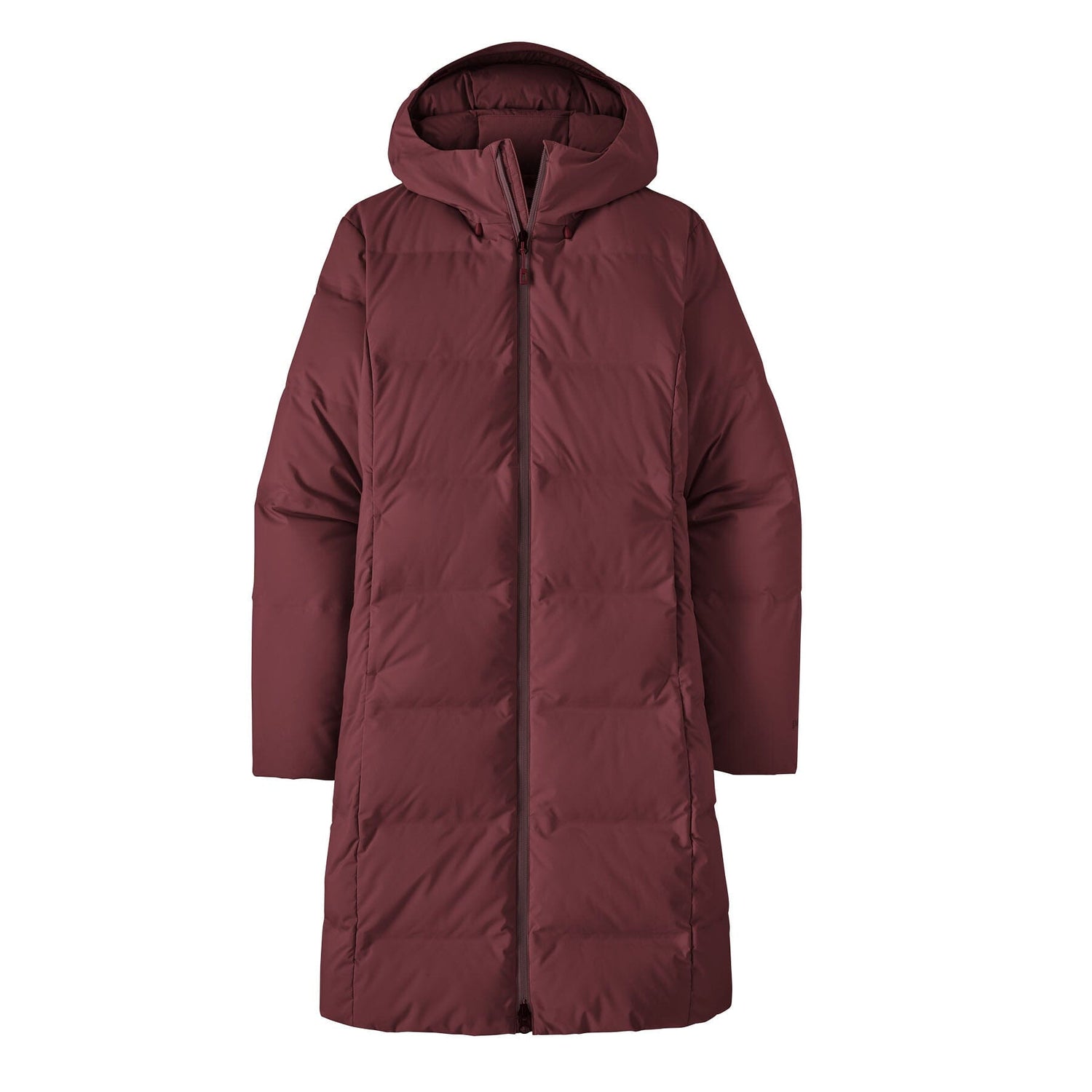
W's Jackson Glacier Parka - Recycled Down / Recycled Polyester
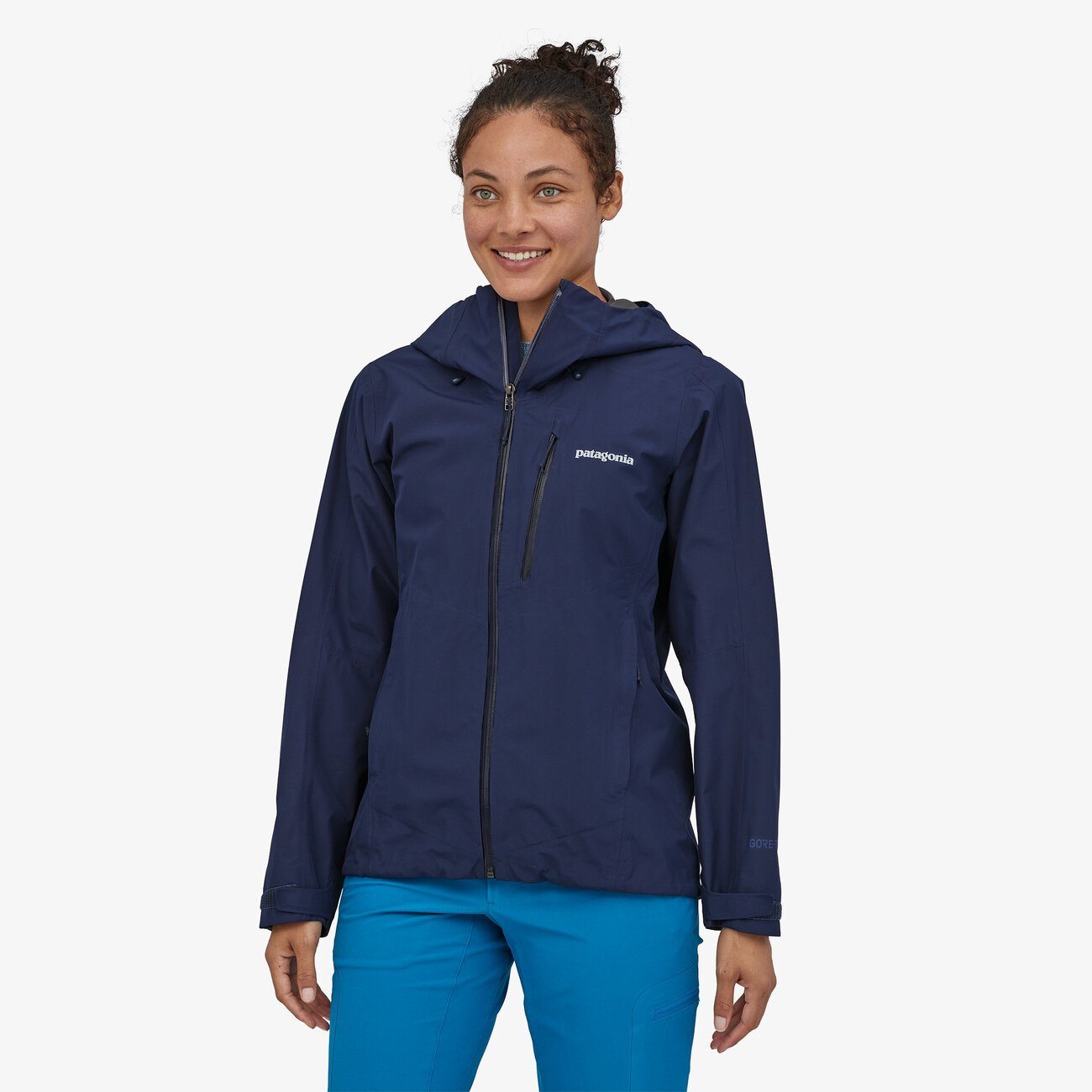
W's Calcite Shell Jacket - Gore-Tex - Recycled Polyester
All Time Best-Sellers

W's Lightweight Synchilla Snap-T Fleece Pullover - Recycled Polyester

W's High-Rise Pocket Legging - Made From Recycled Water Bottles
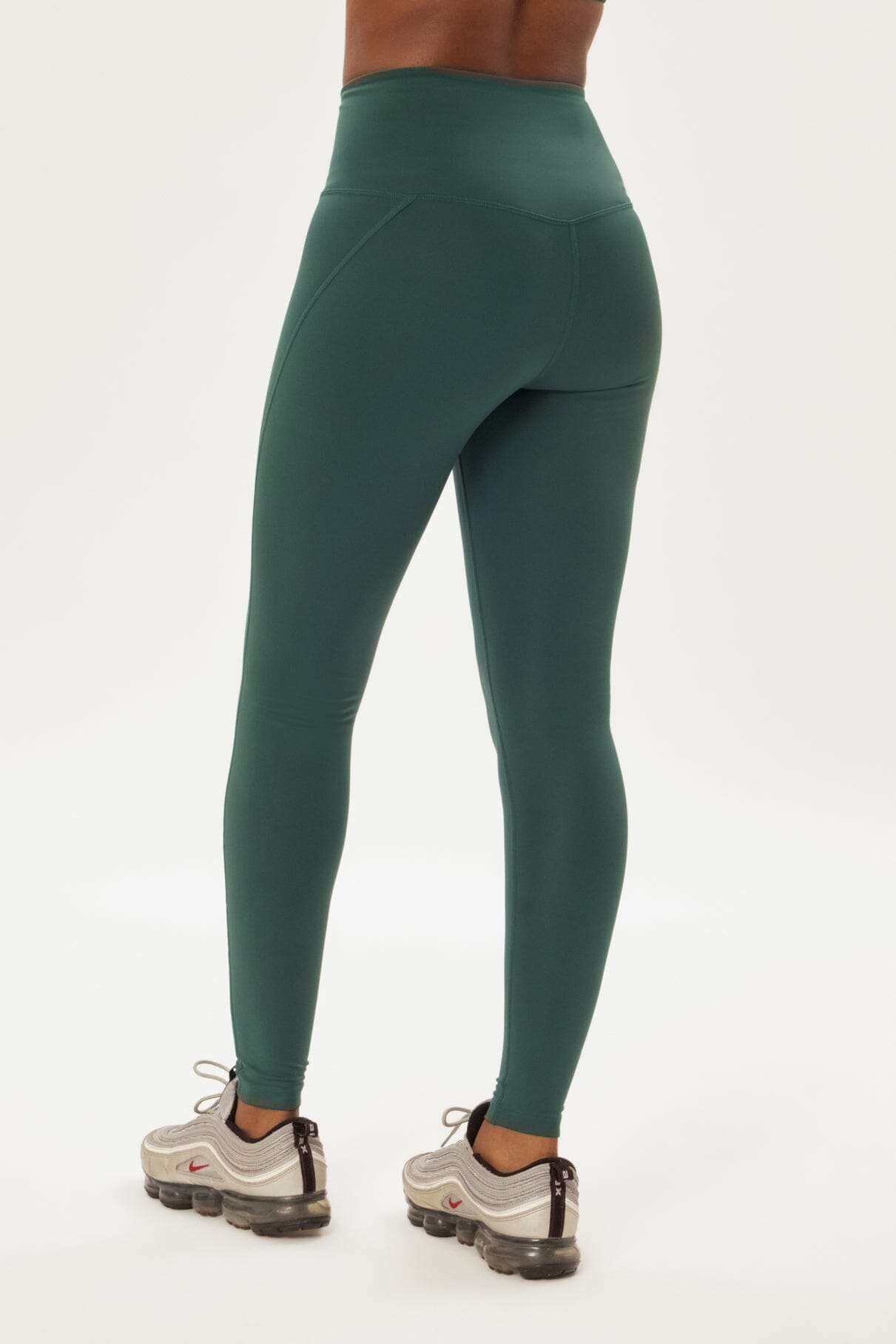
W's Compressive Legging - Normal - Made From Recycled Plastic Bottles

Paloma Classic Sports Bra - Made from recycled plastic bottles
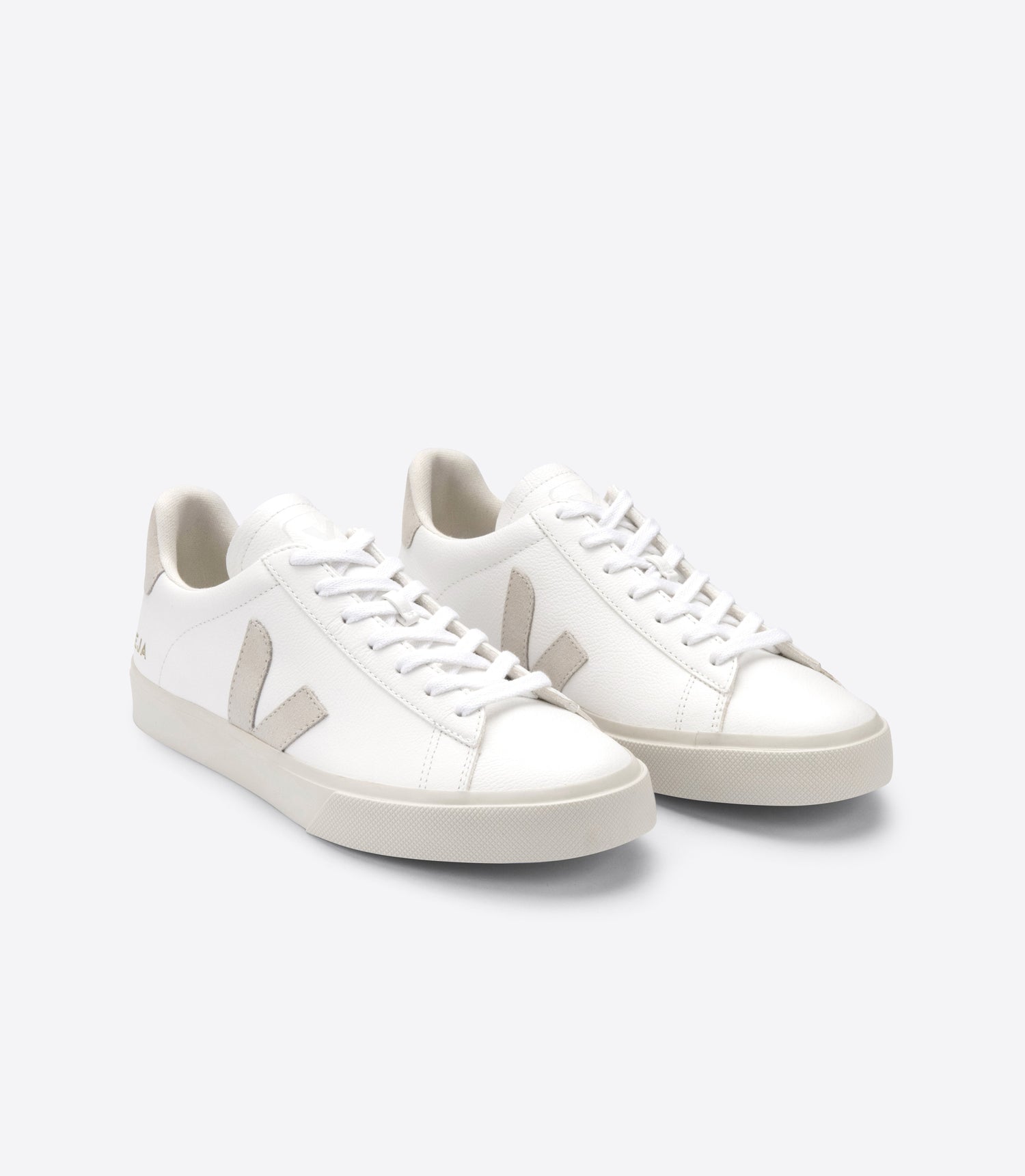
W's Campo ChromeFree Sneakers - ChromeFree Leather

M's Classic Retro-X Fleece Jacket - Recycled Polyester
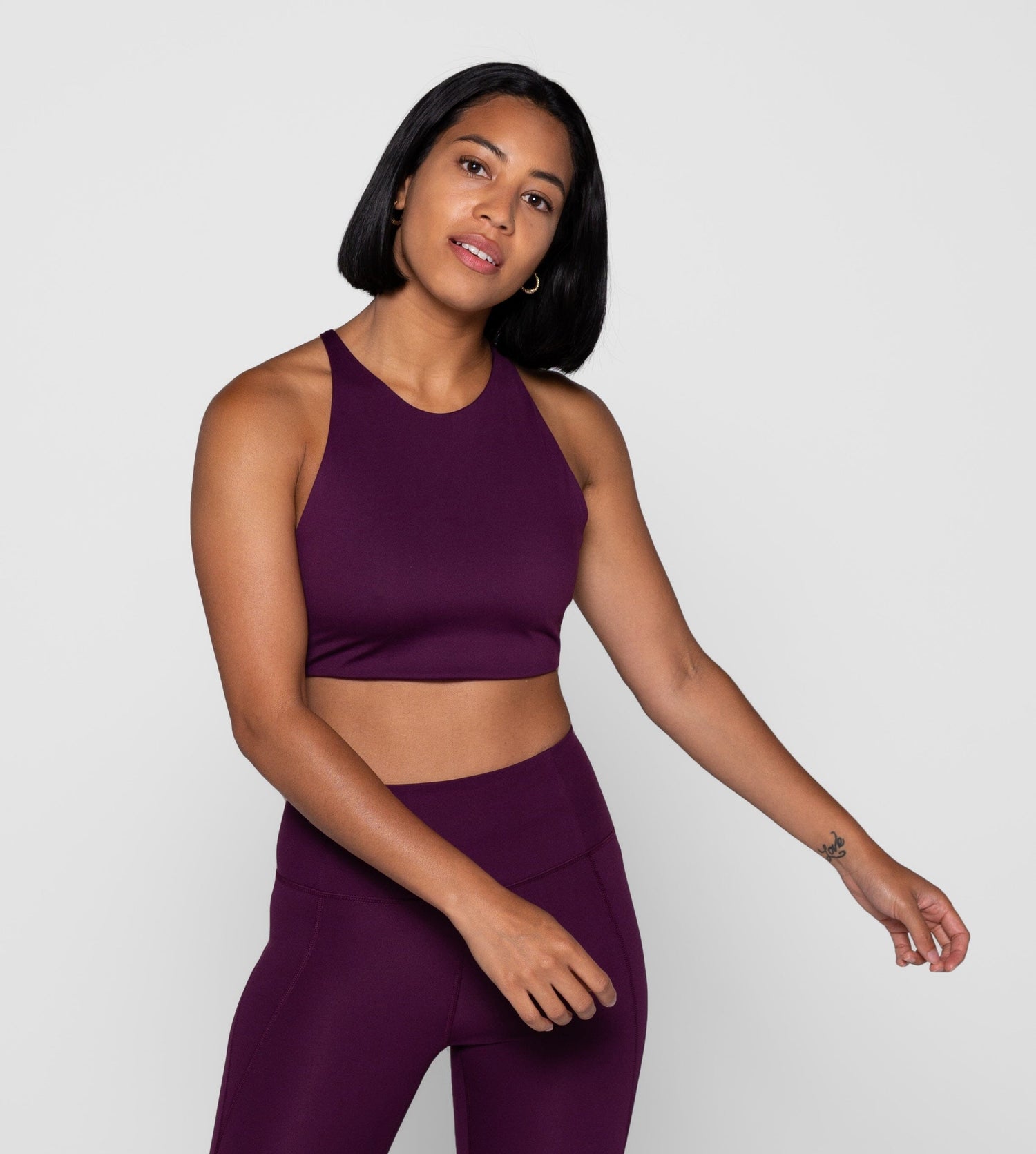
Topanga sports Bra - Made from recycled plastic bottles
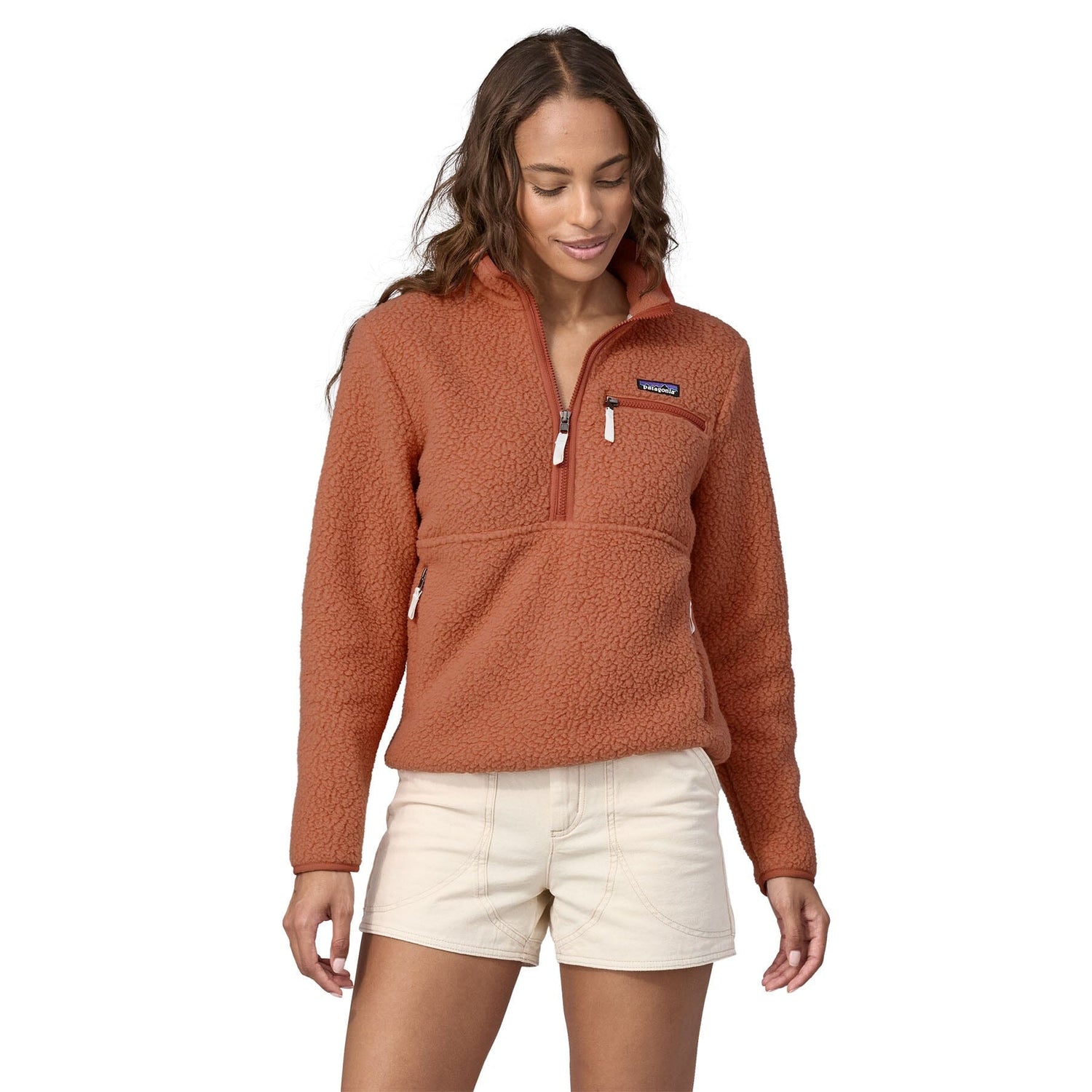
W's Retro Pile Fleece Marsupial - Recycled Polyester

W's Retro Pile Fleece Jacket - Recycled Polyester

W's Tommy Bra Square Neck - Made from Recycled Plastic Bottles

M's Retro Pile Jacket - 100 % Recycled Polyester
